listen now
download the booklet here
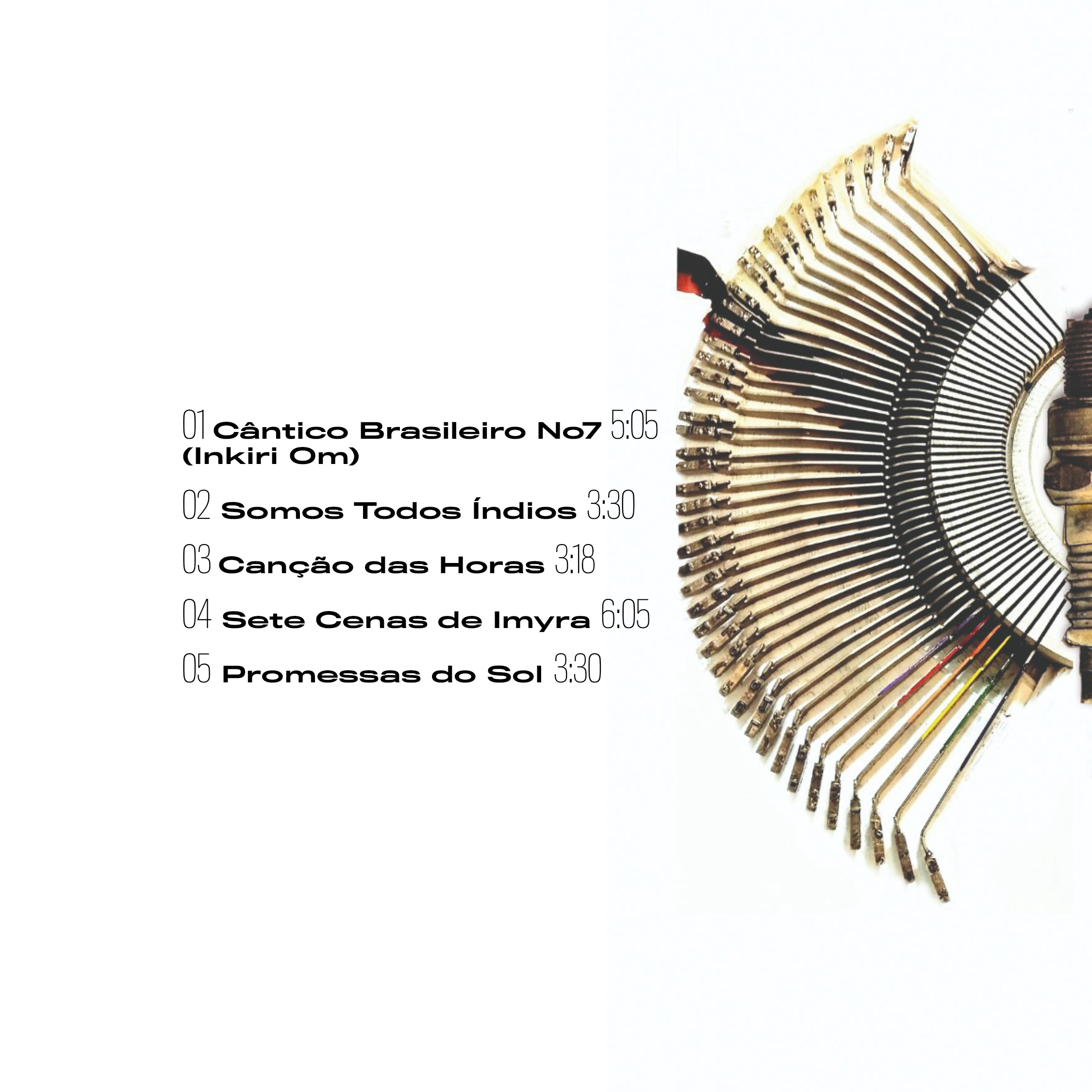
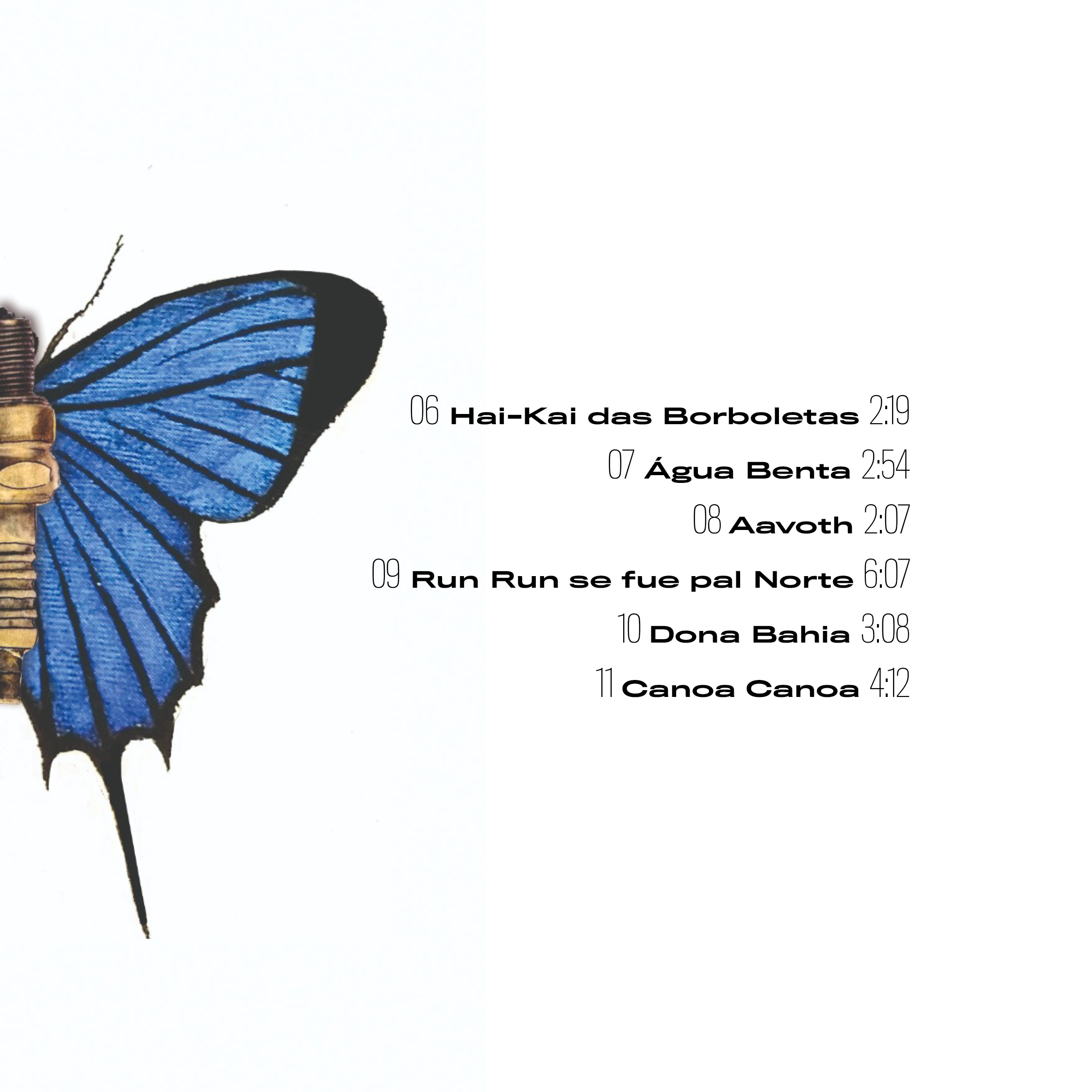
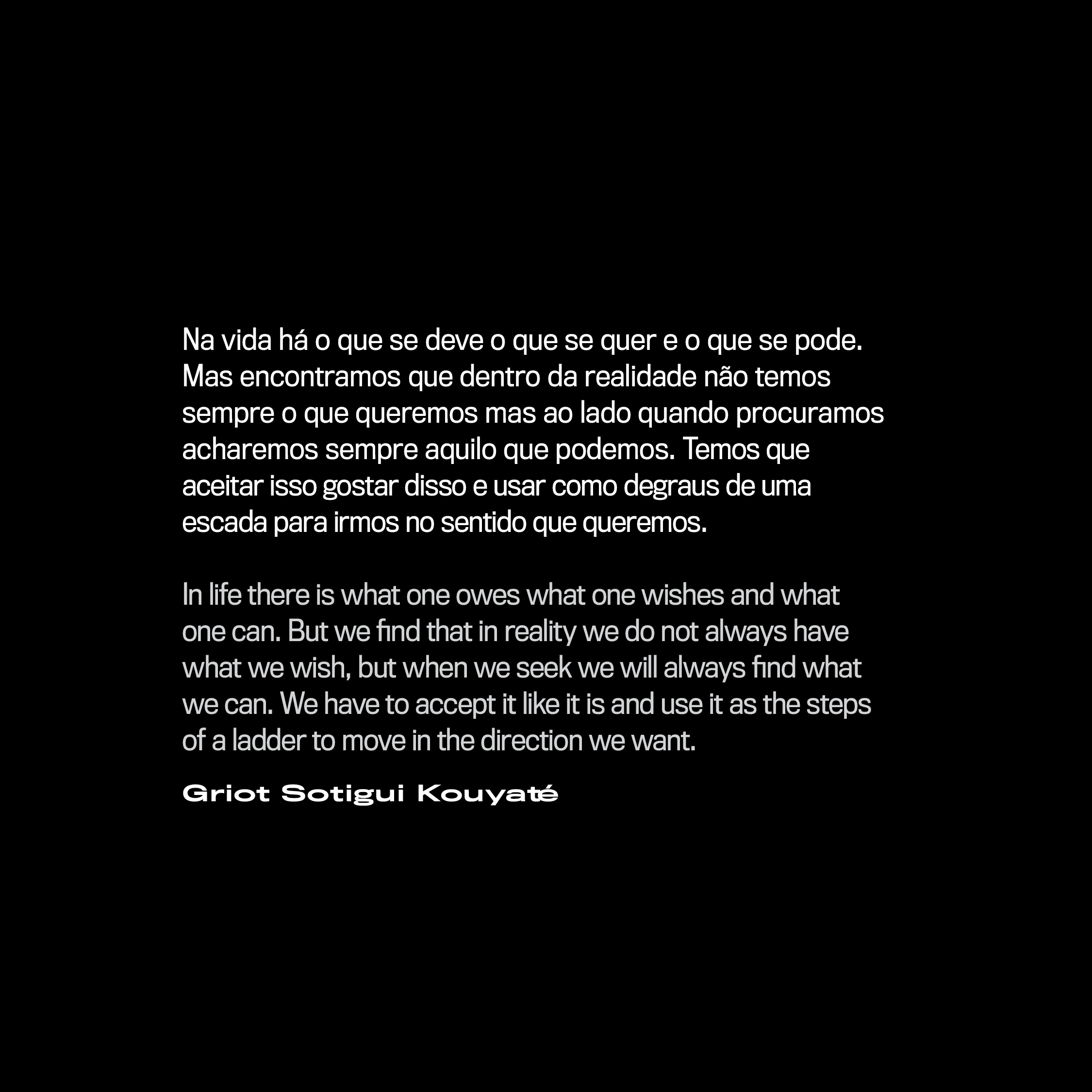
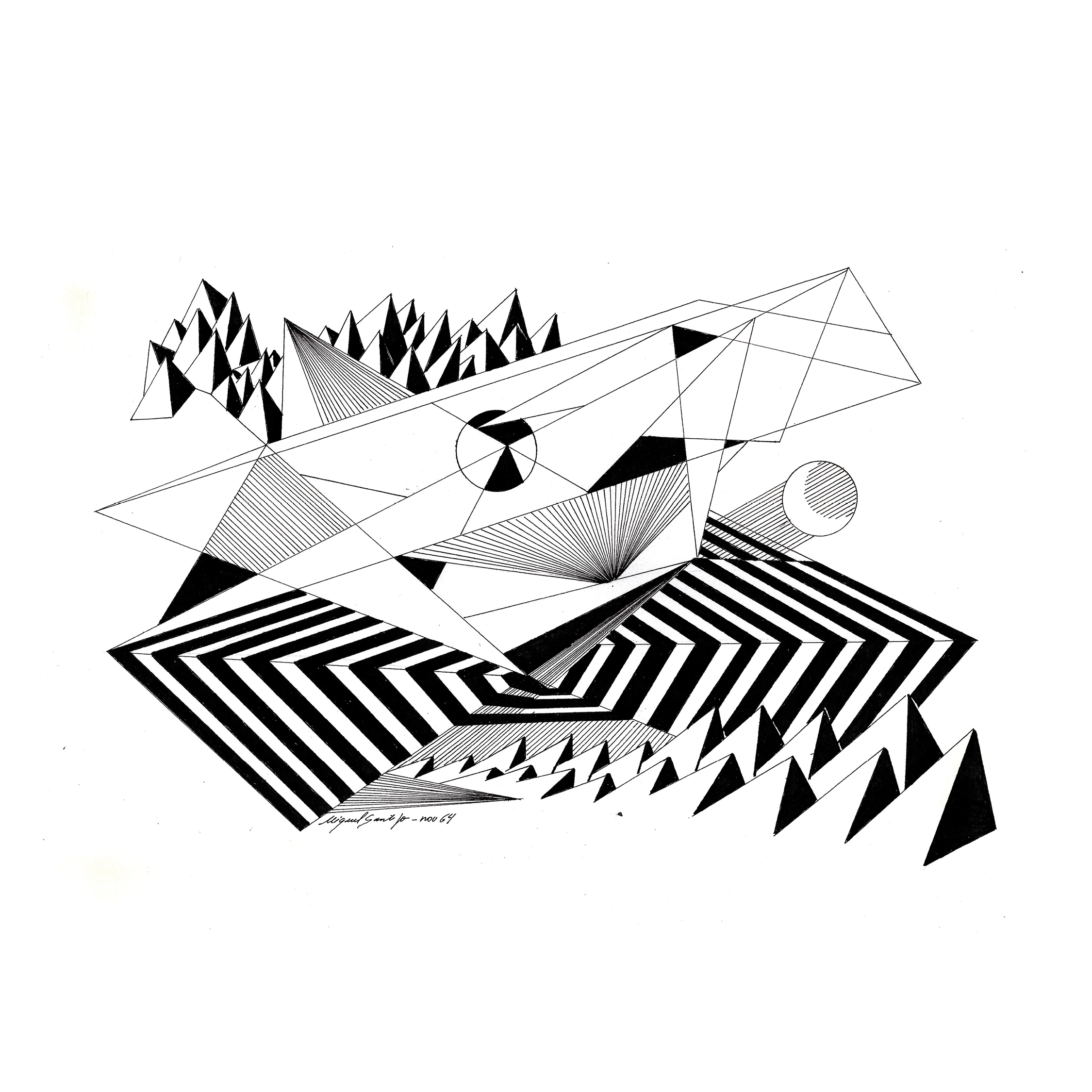
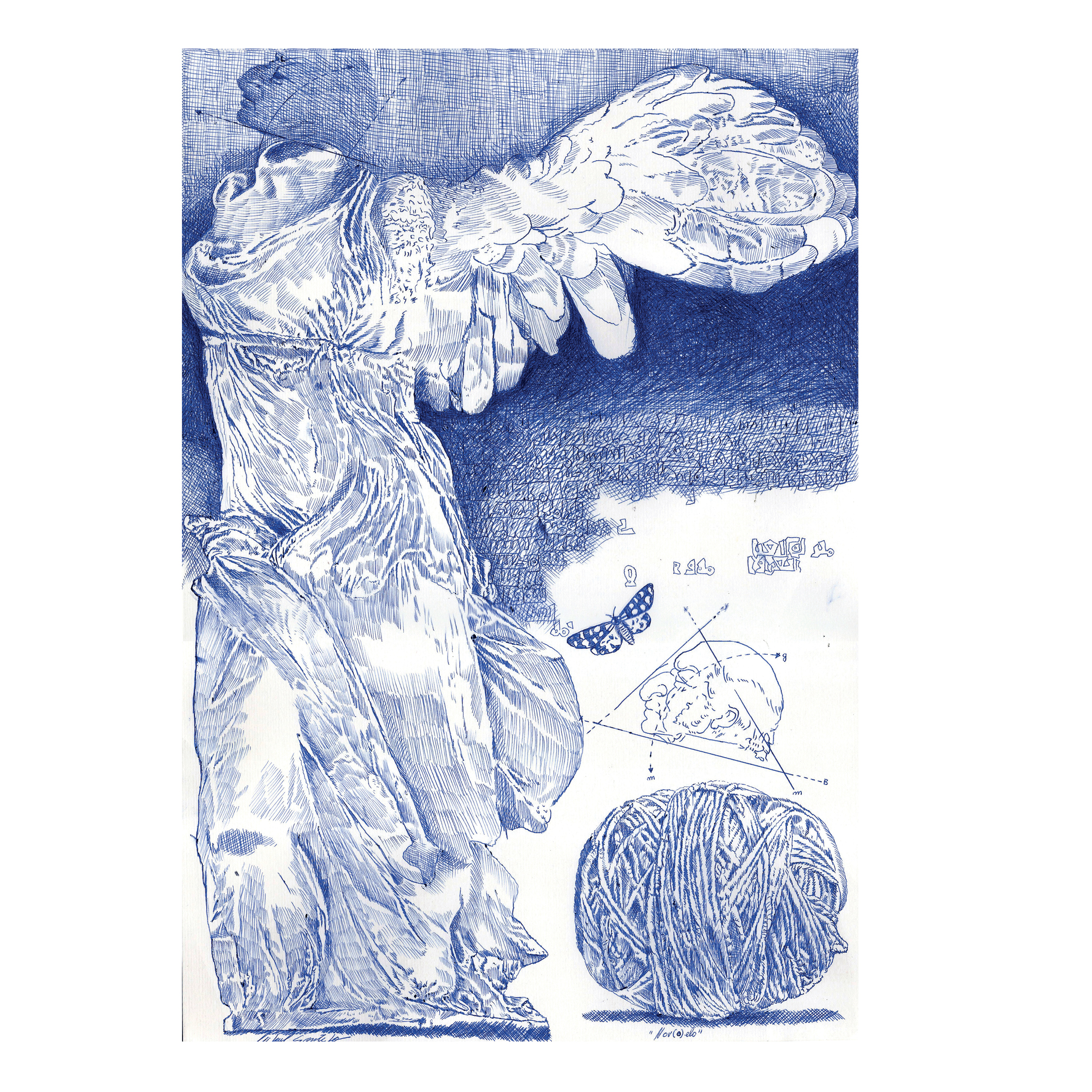
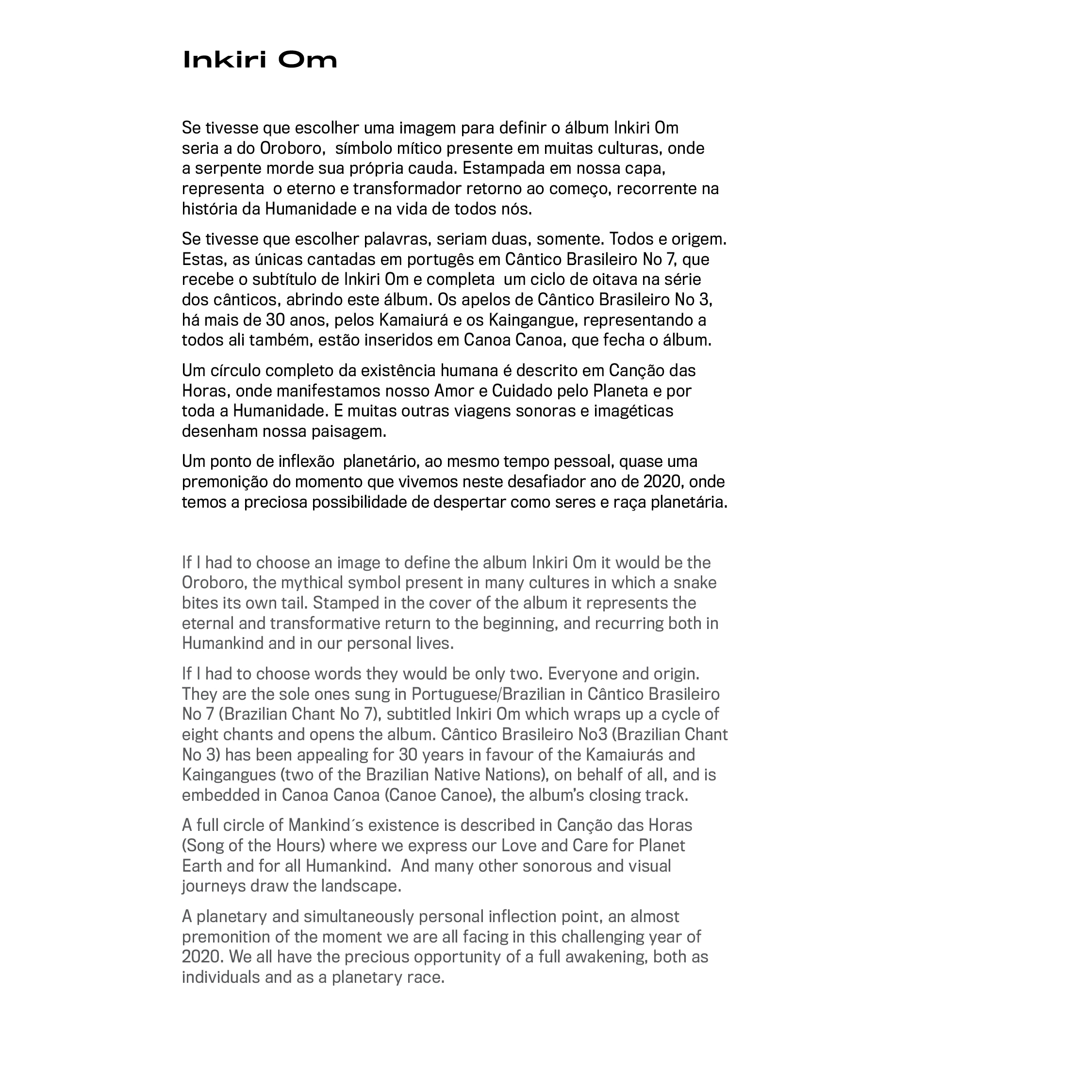
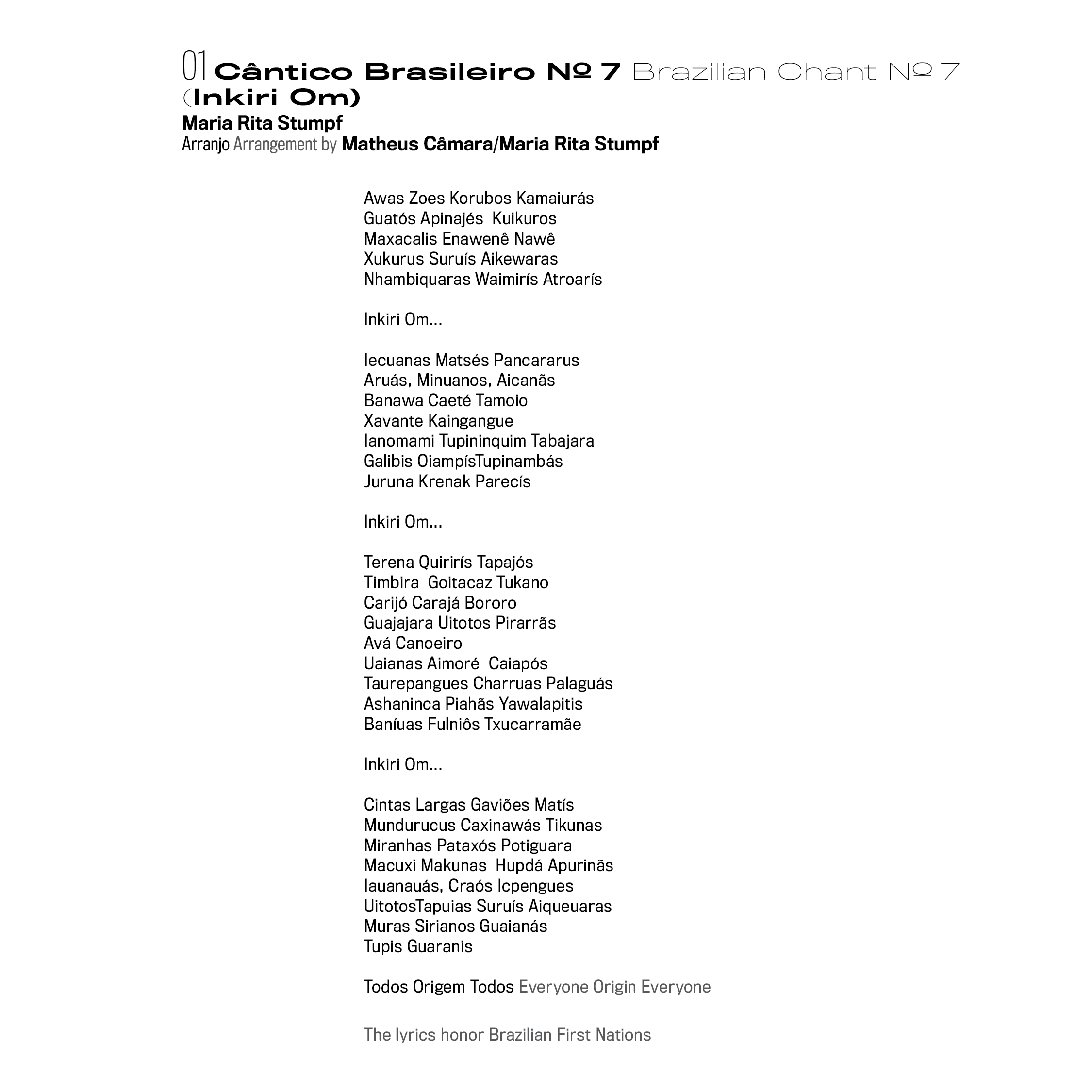
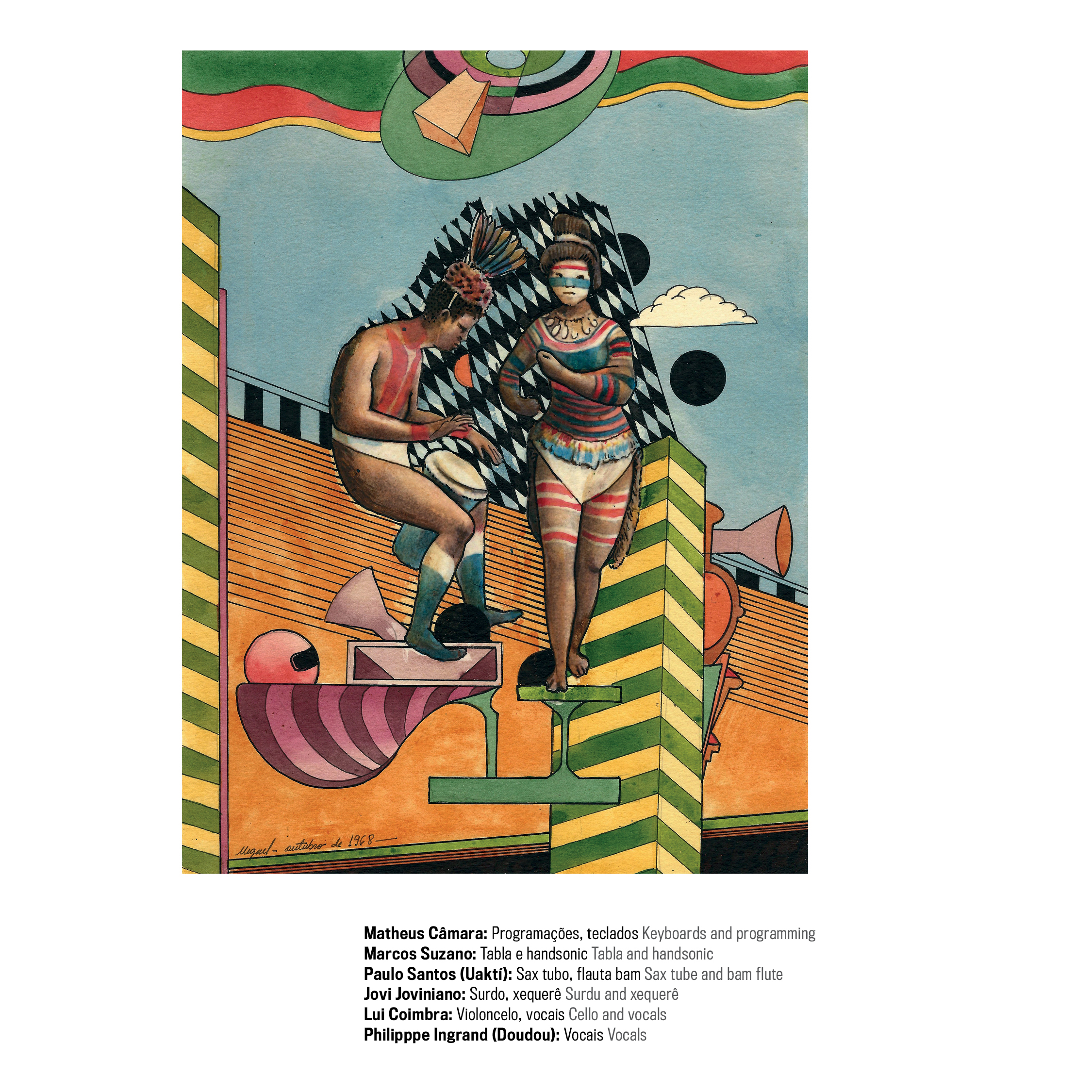
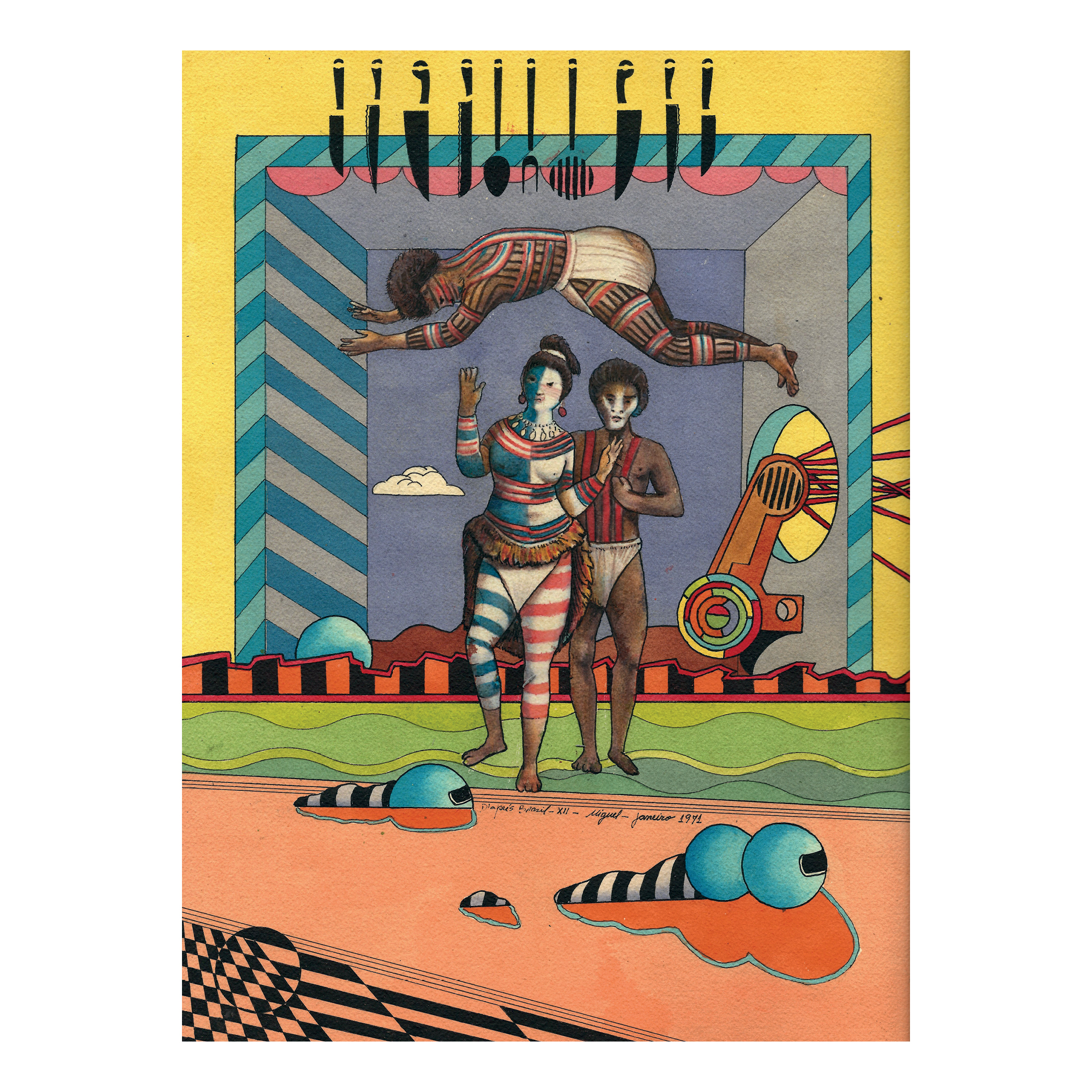
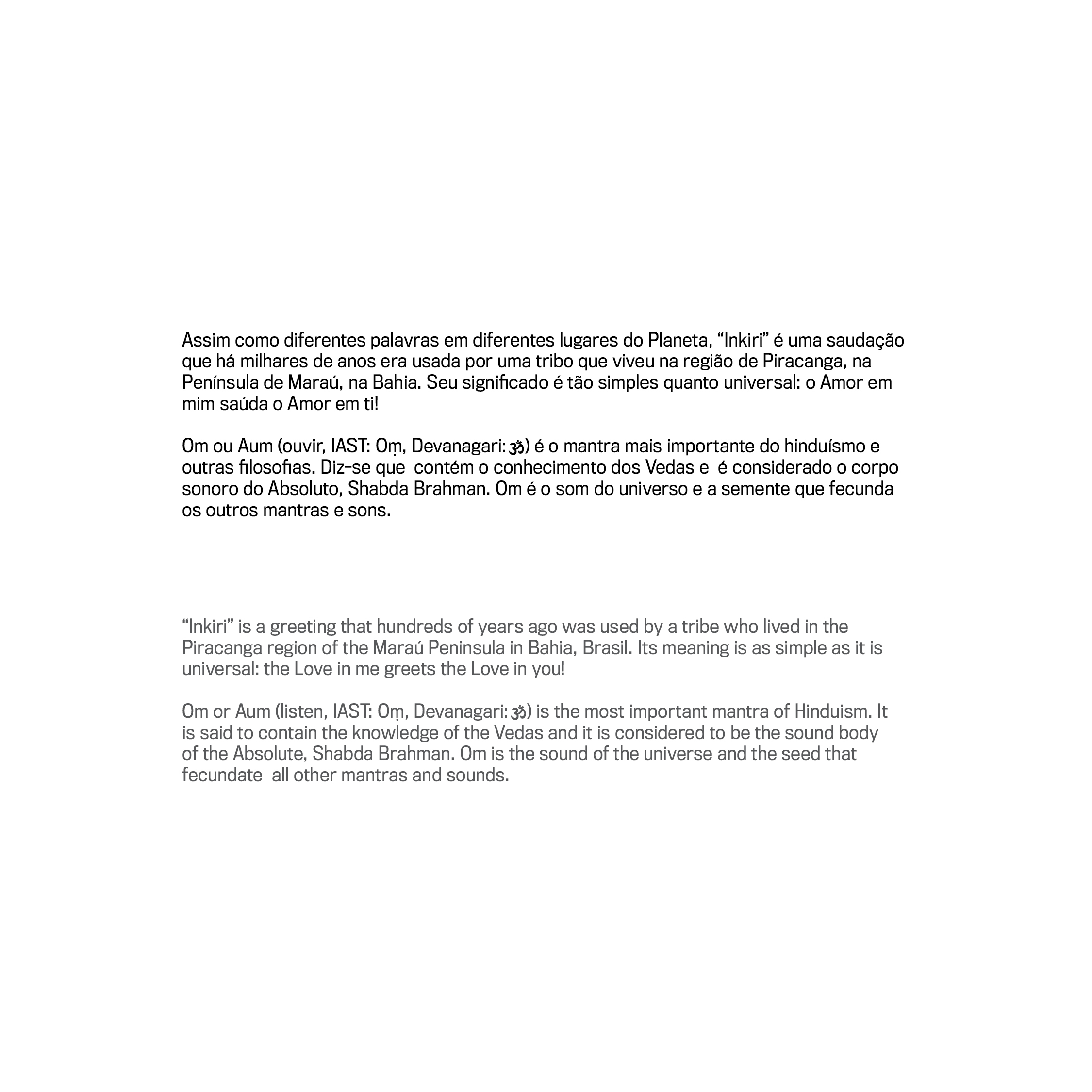
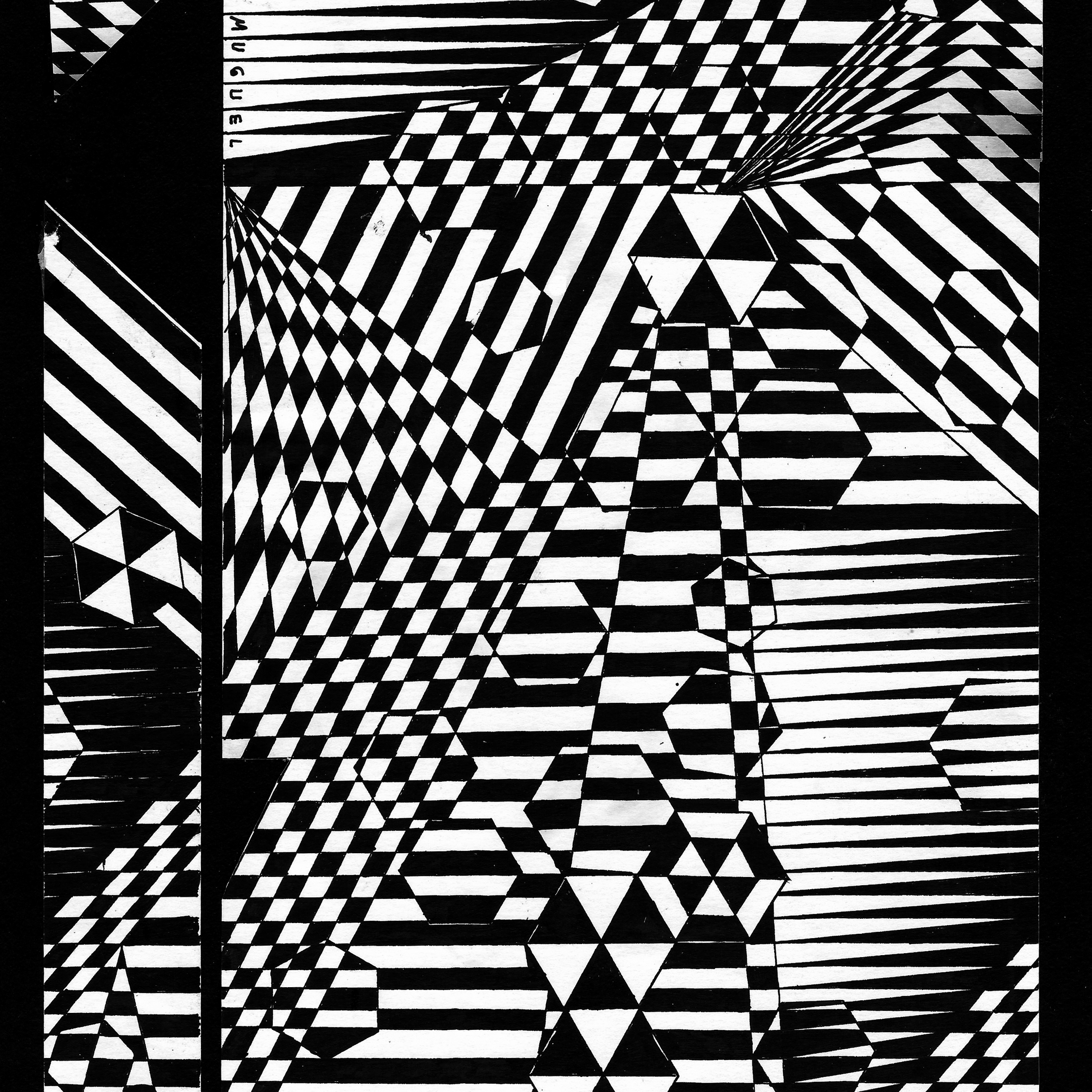
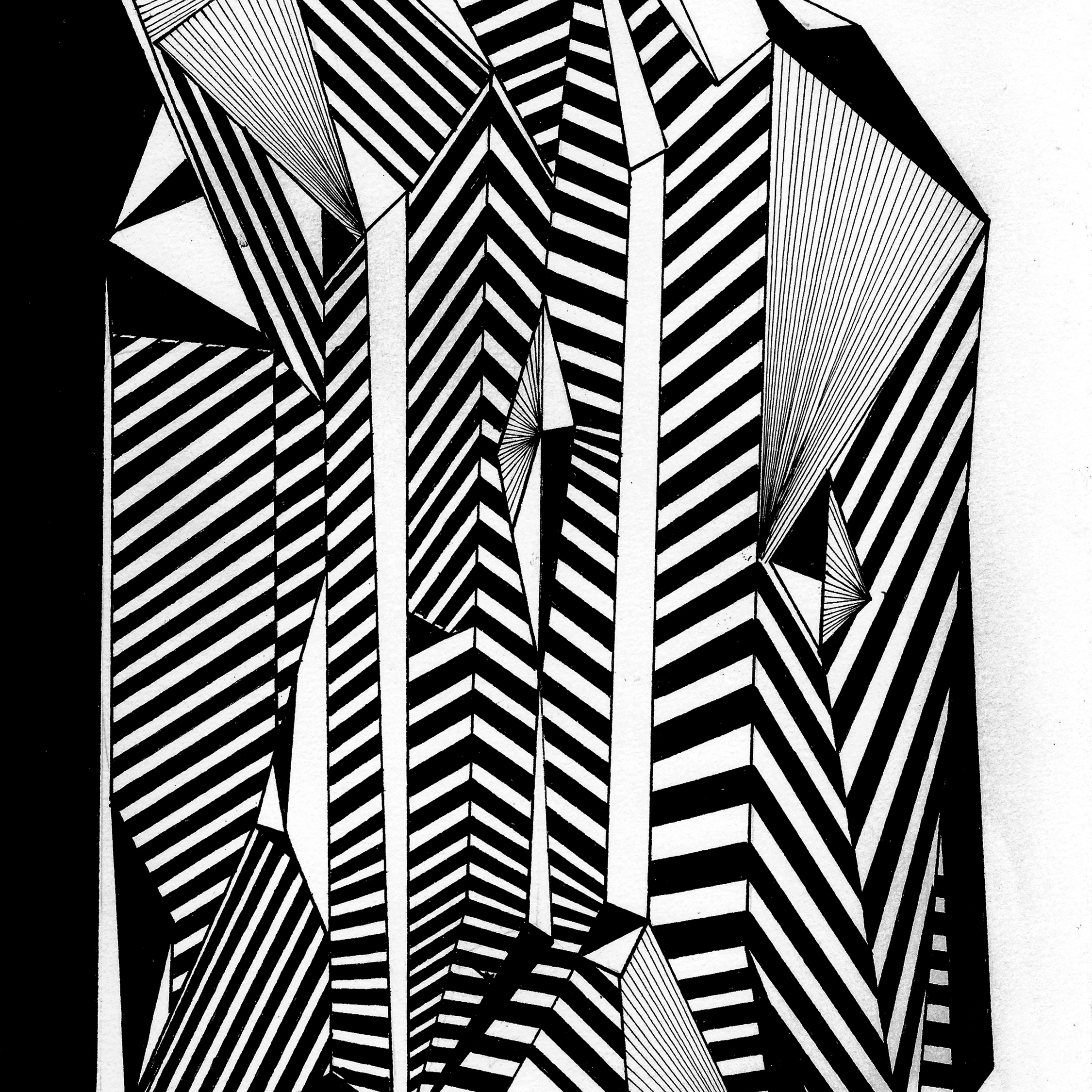
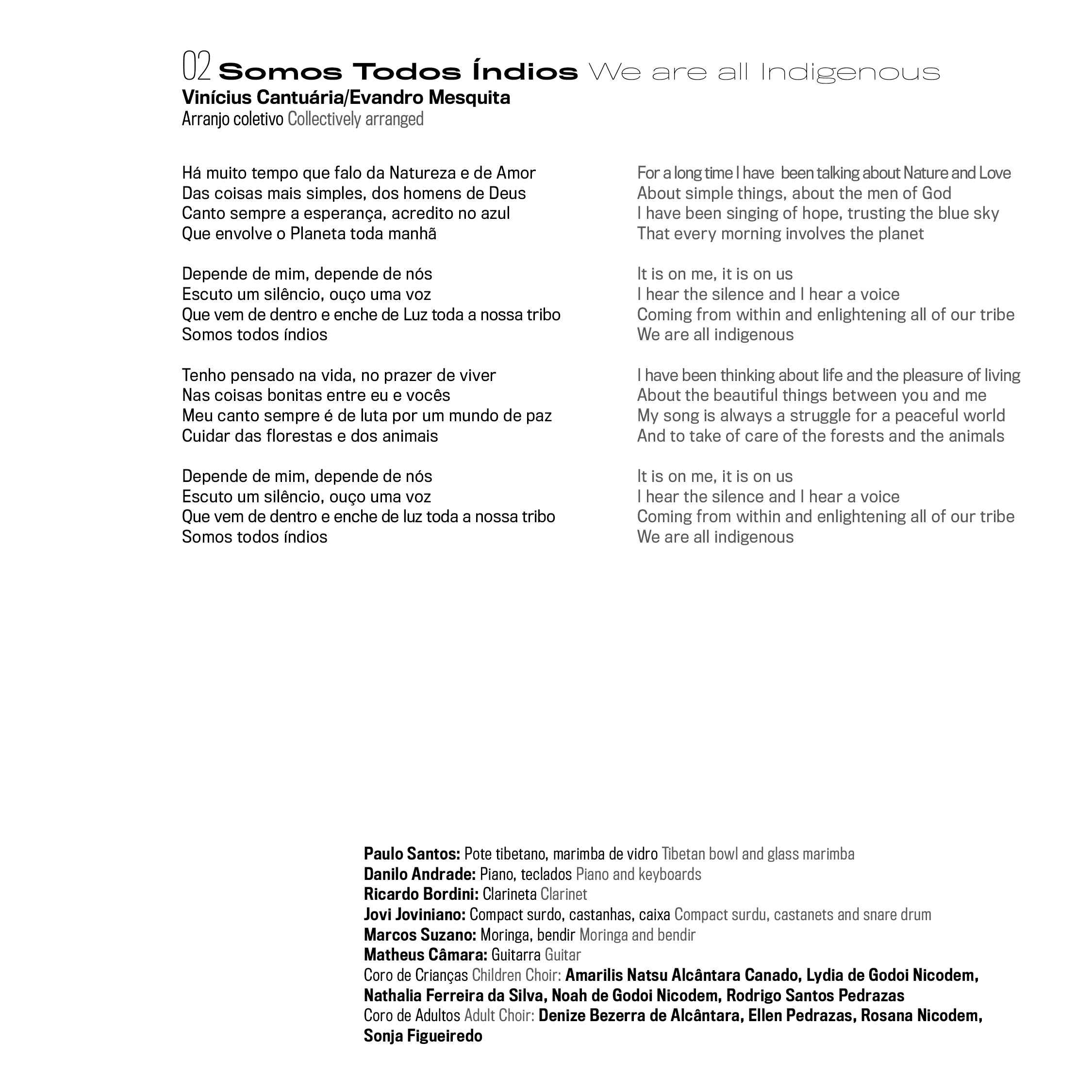
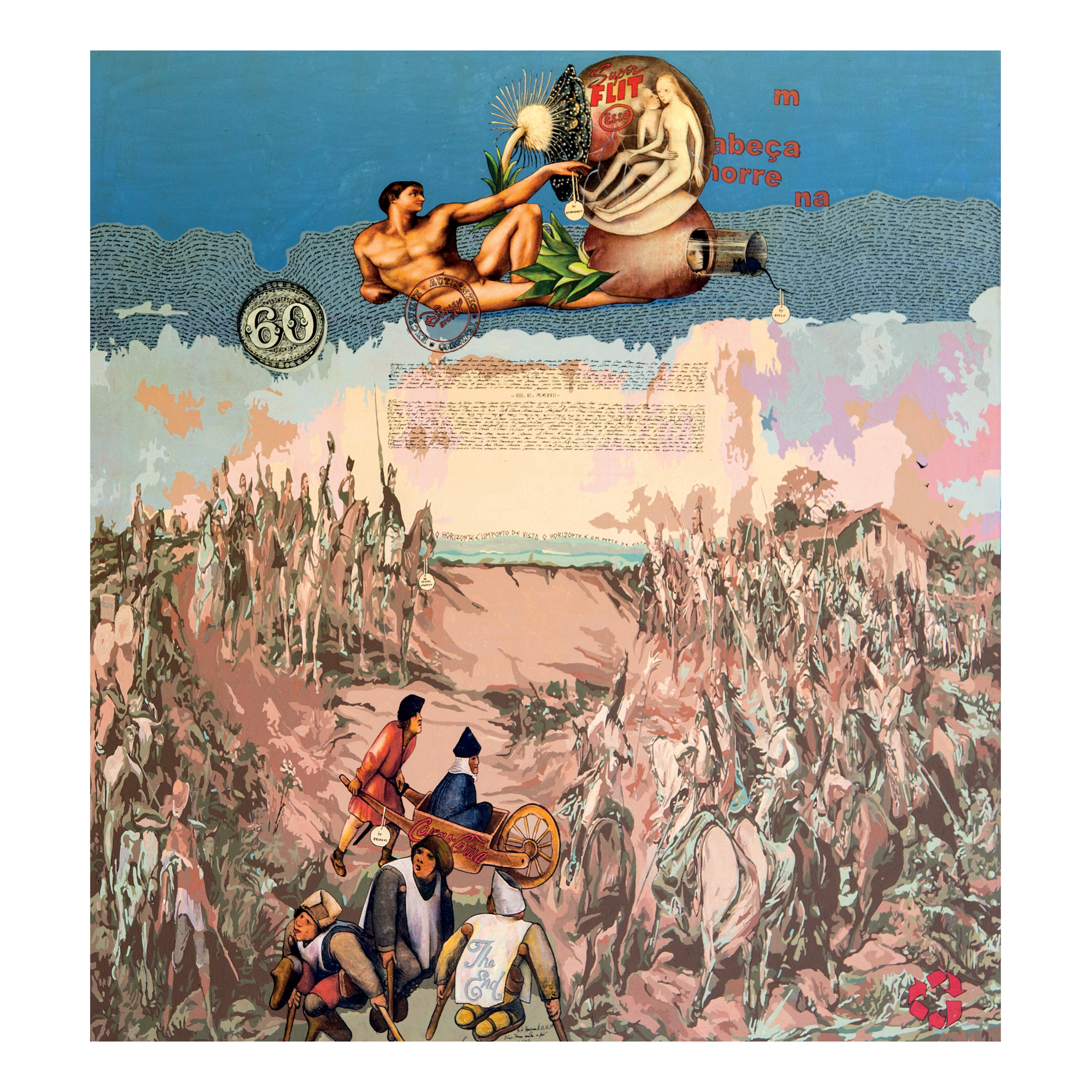
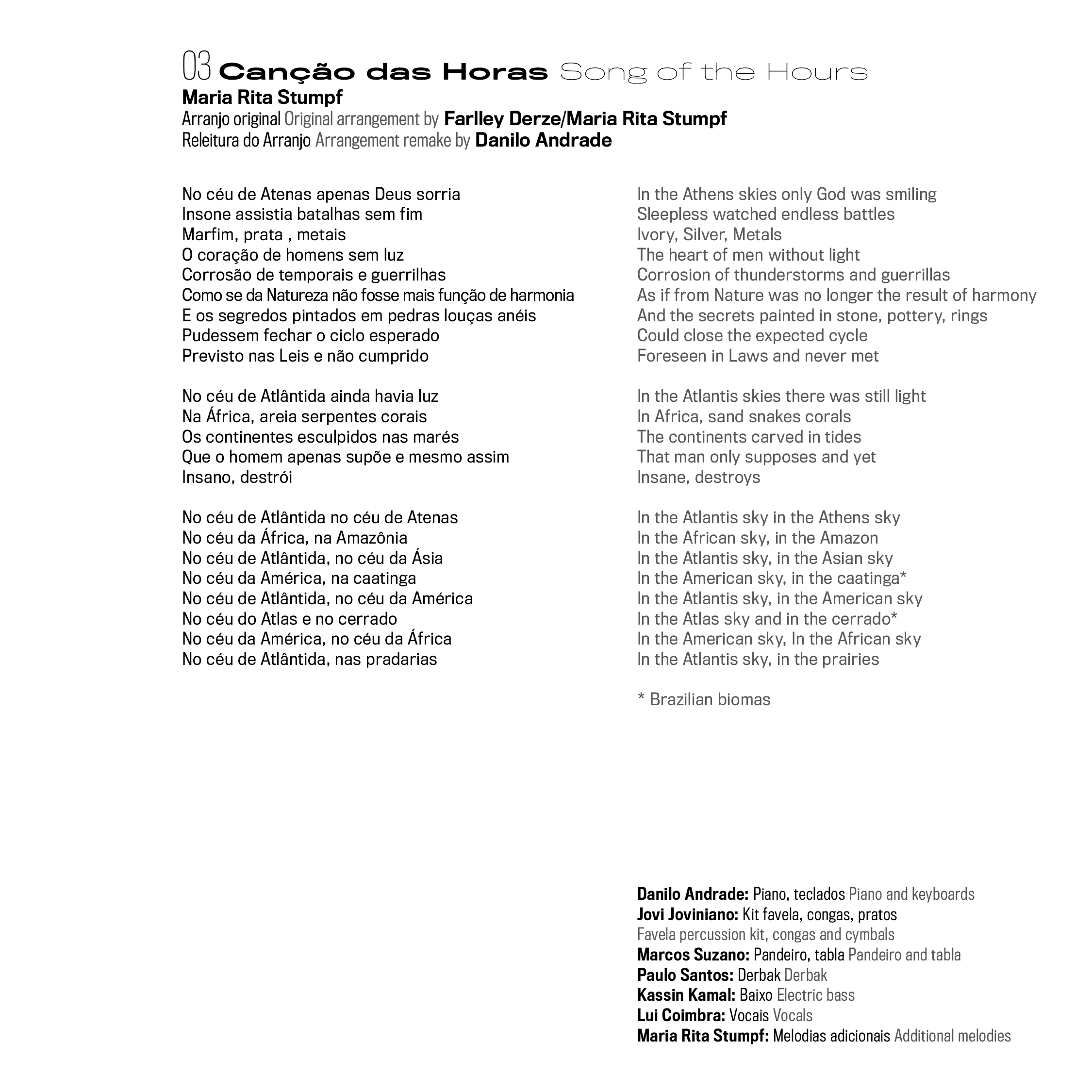

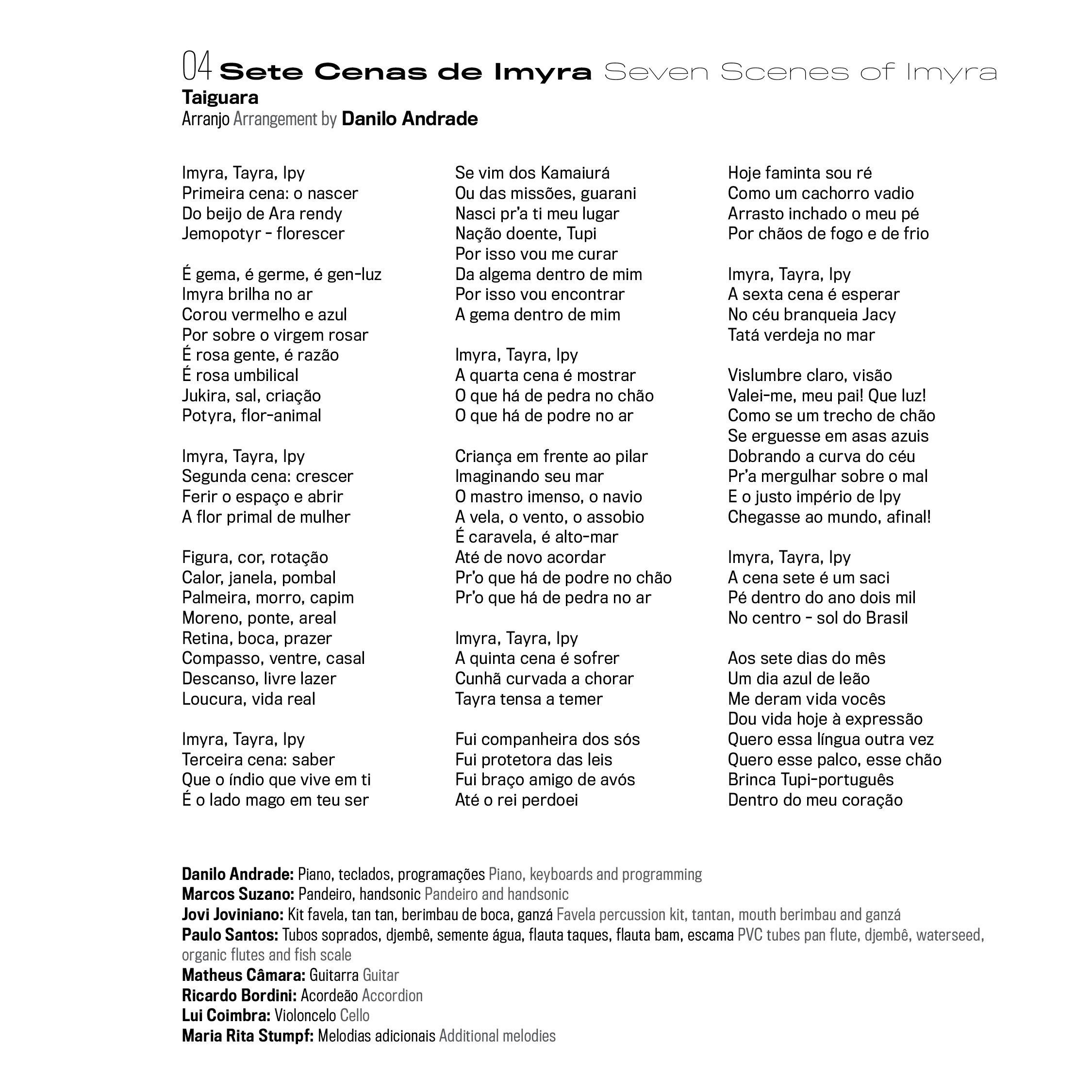
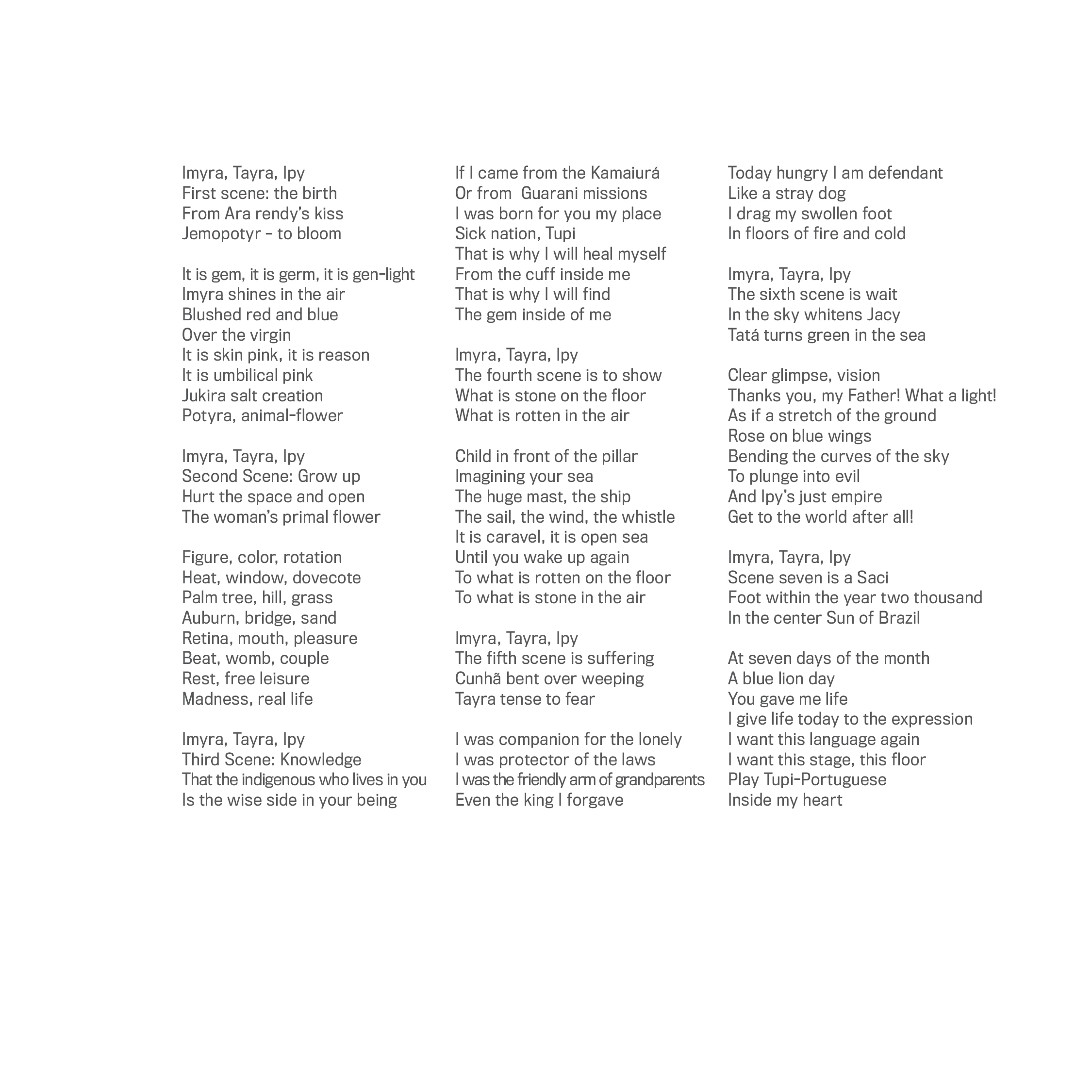
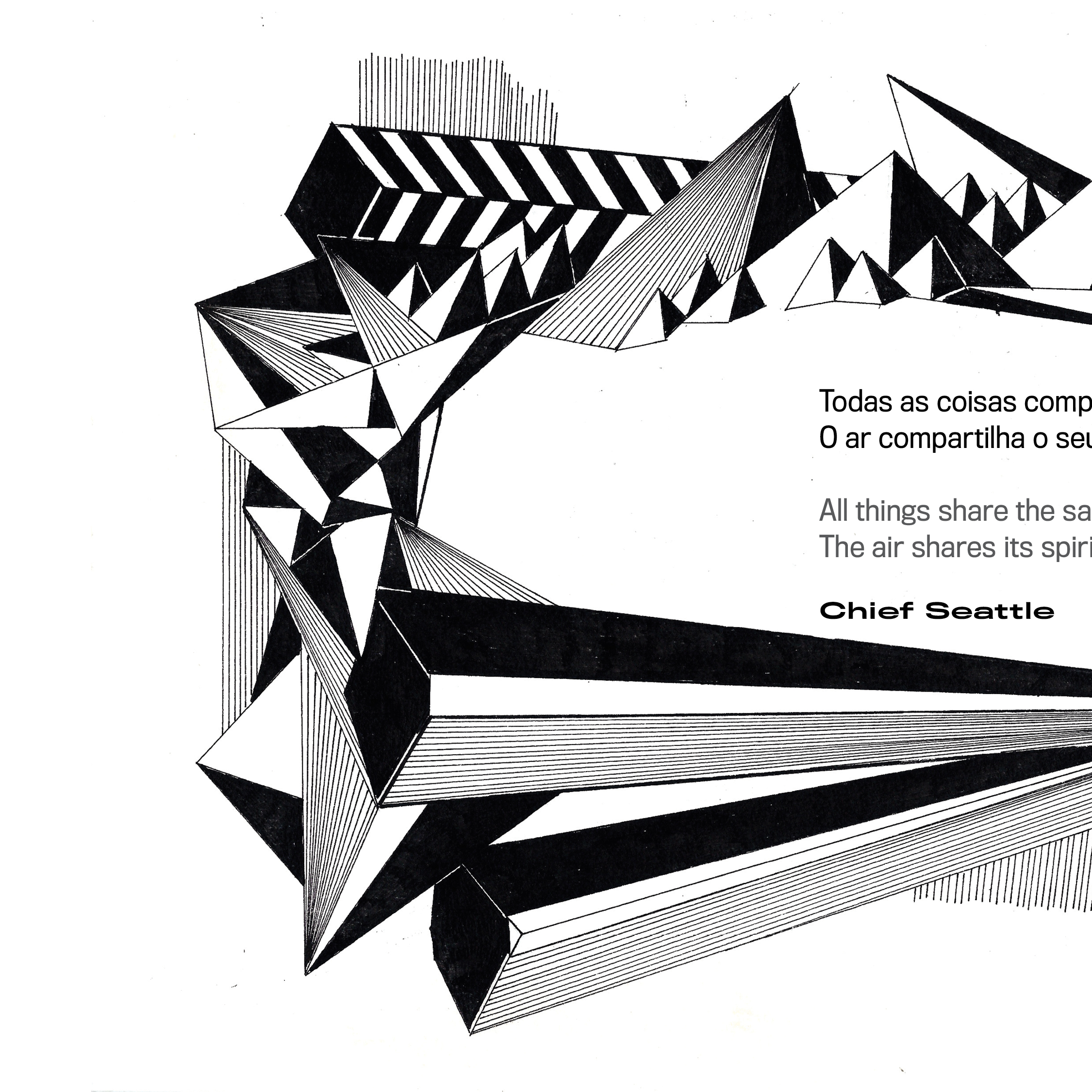

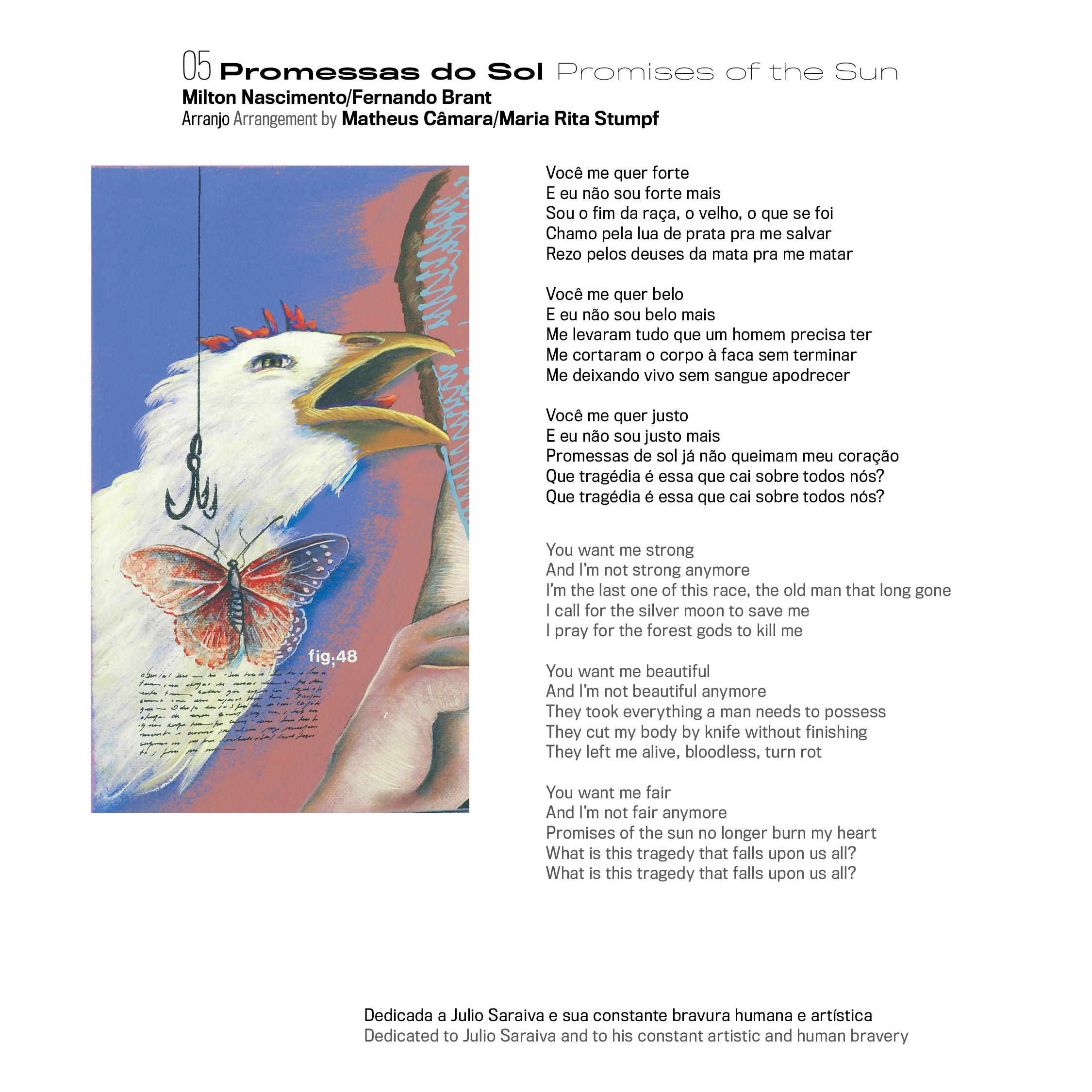
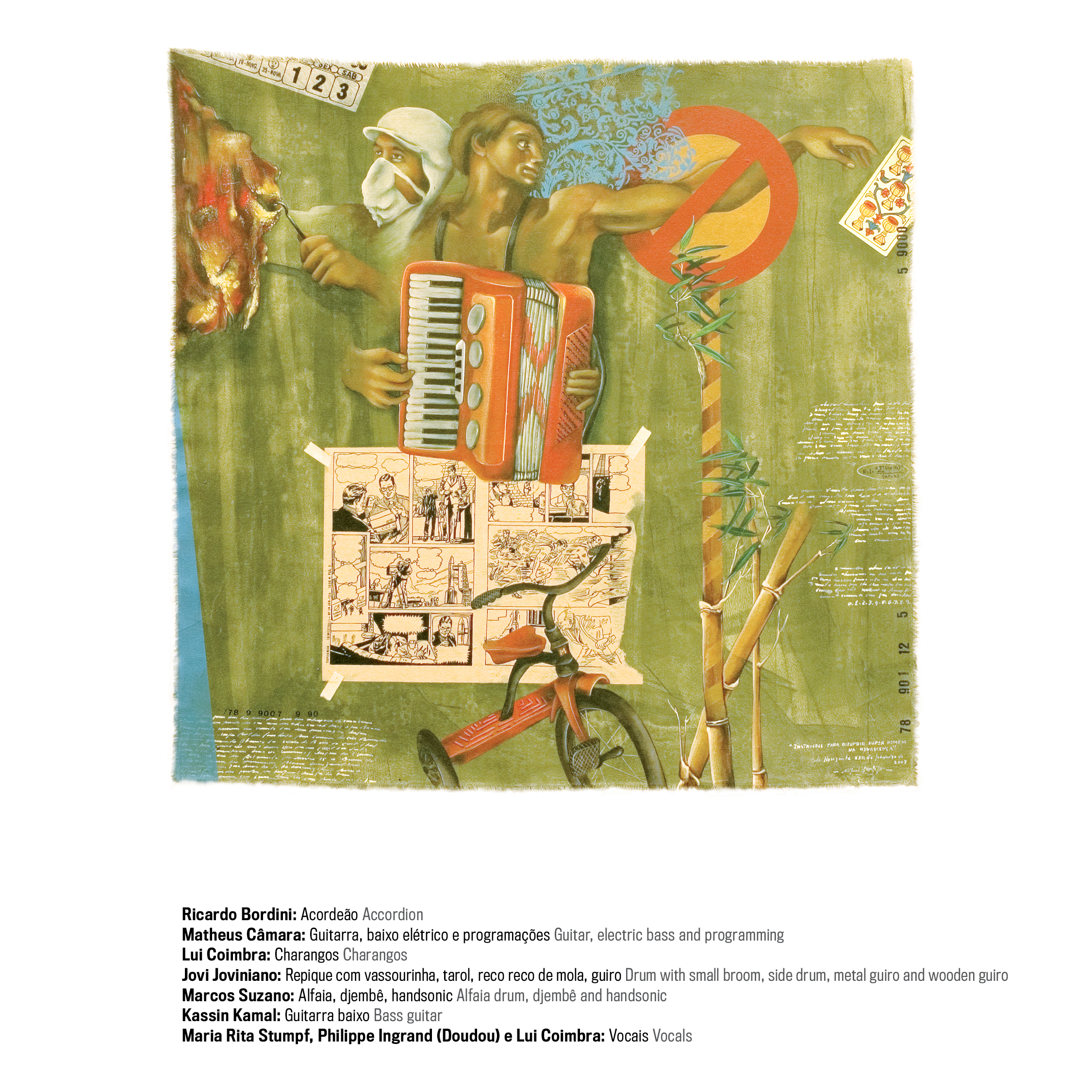
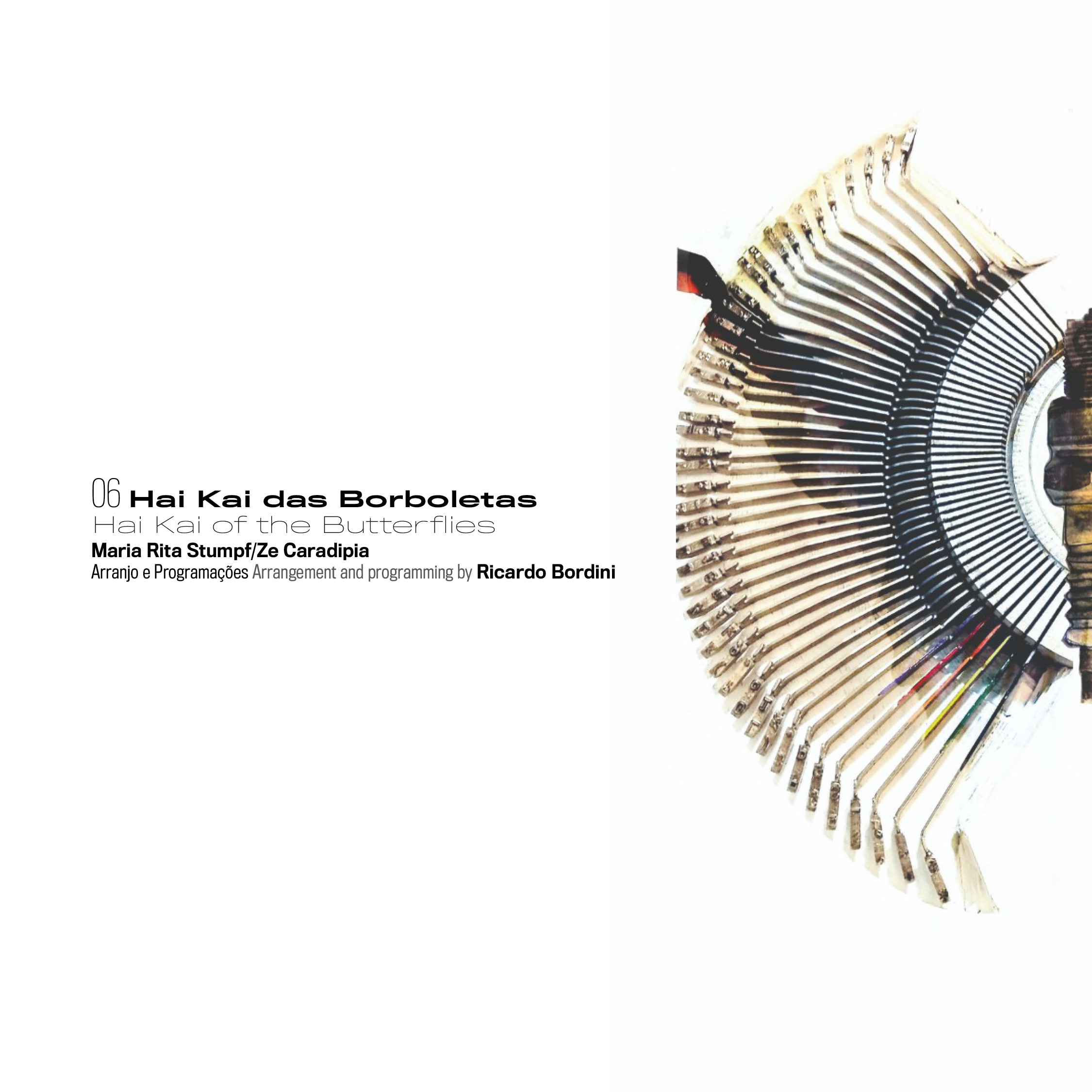
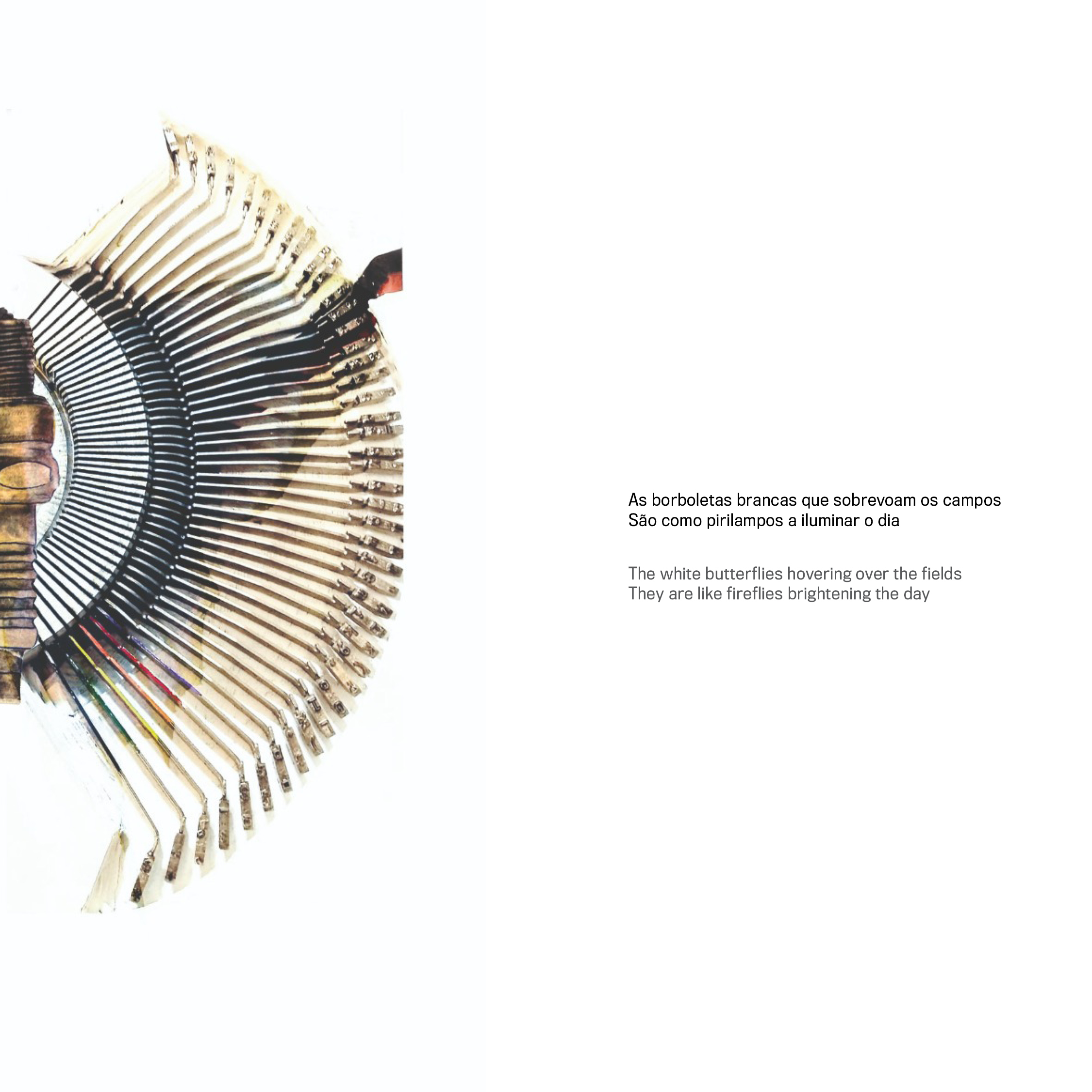
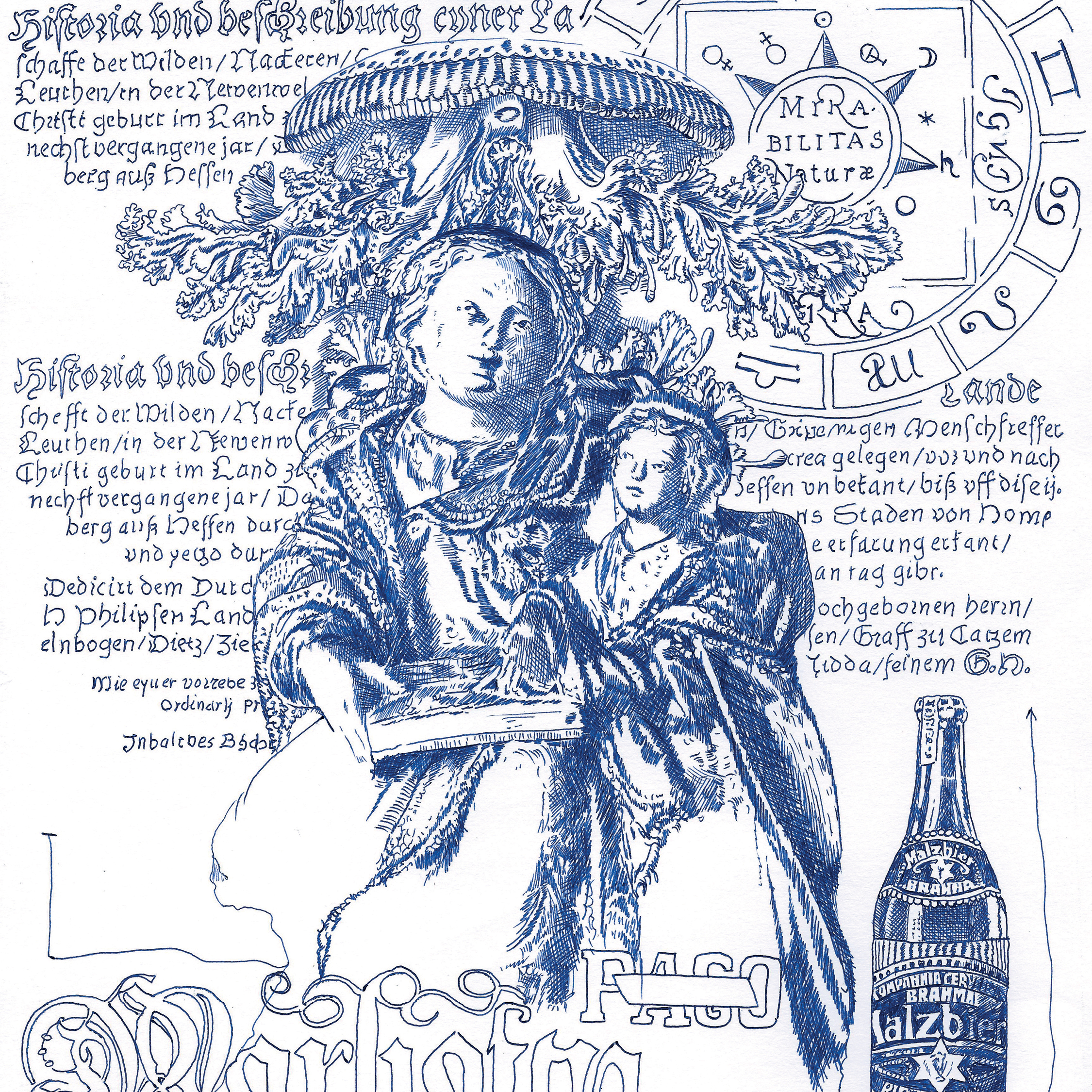
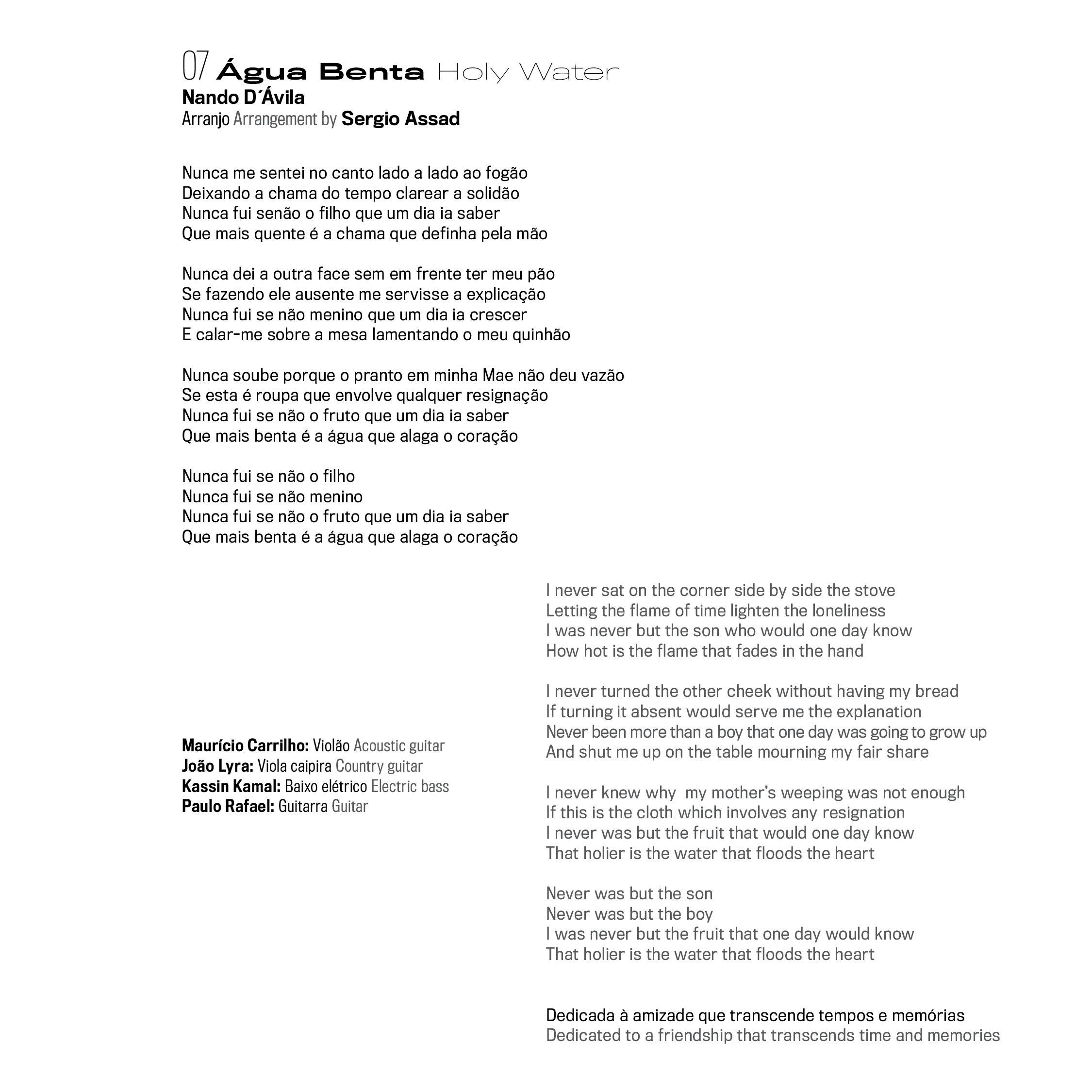
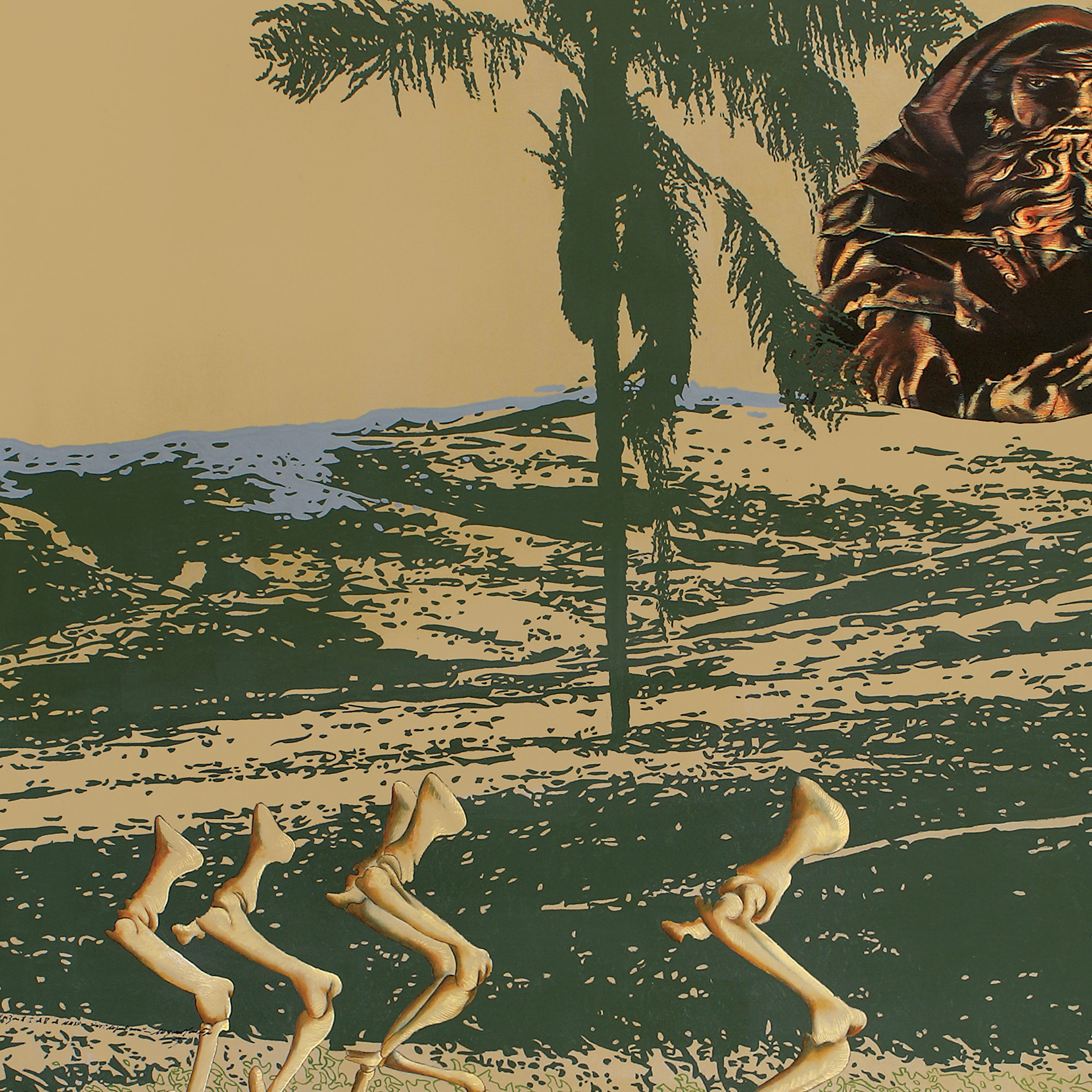
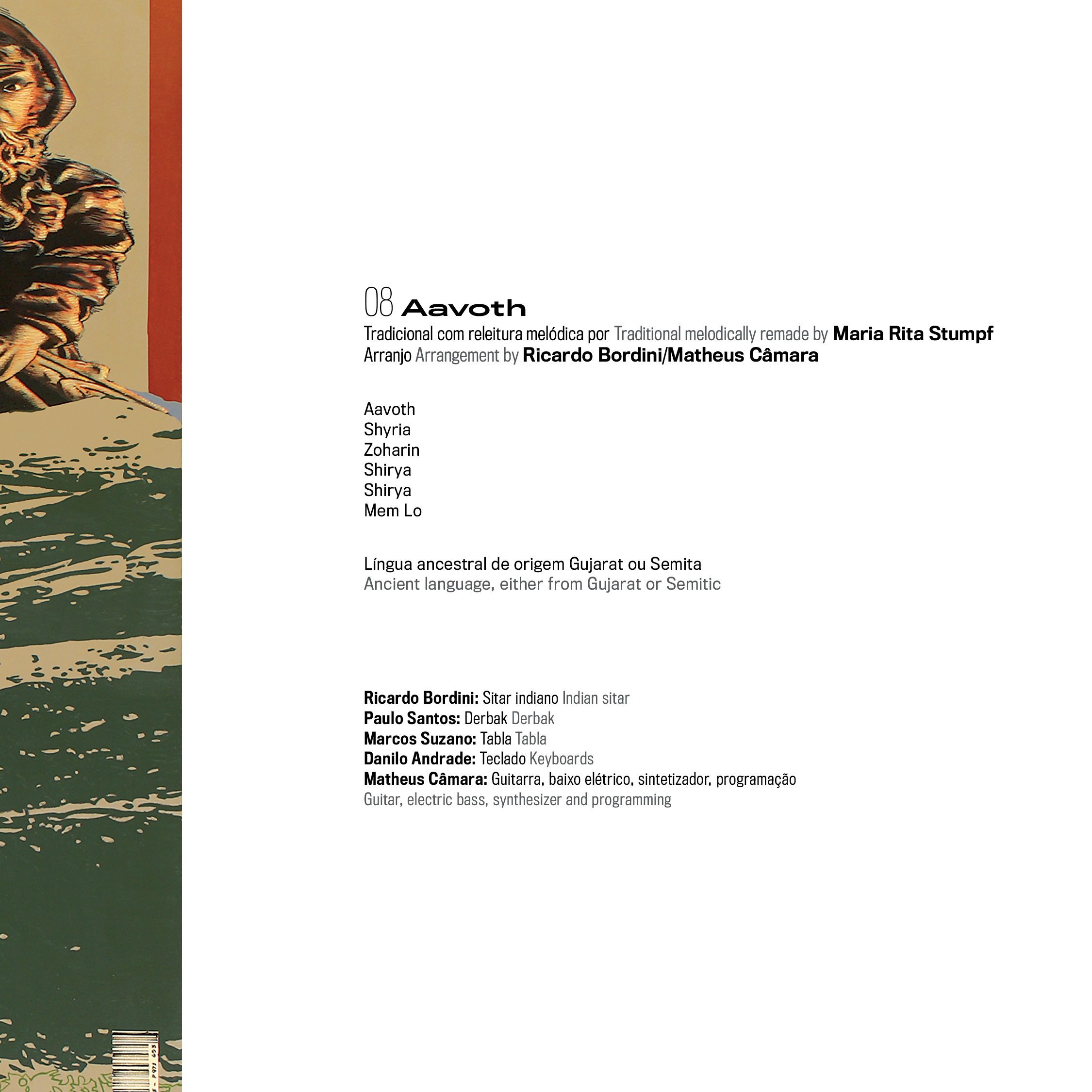
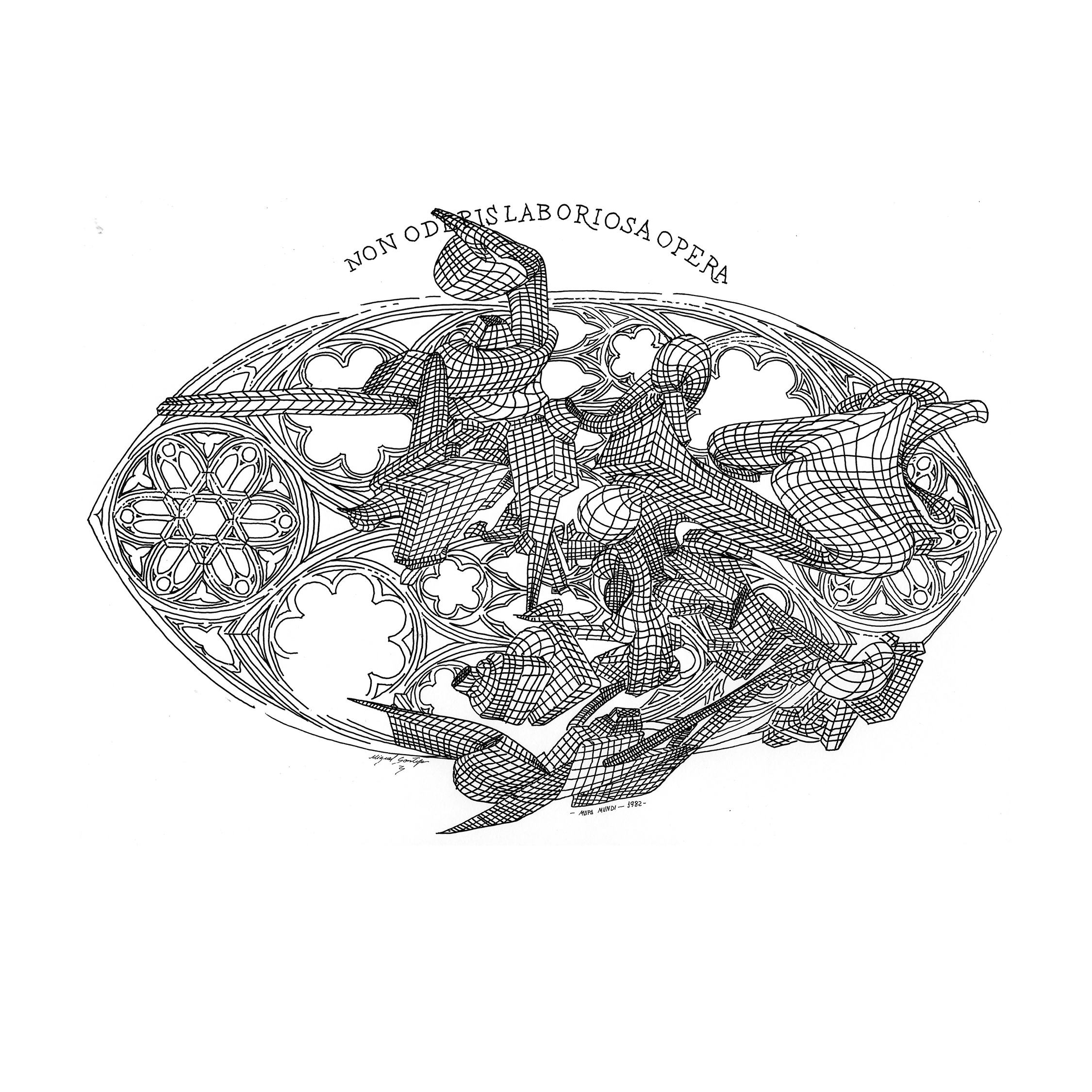
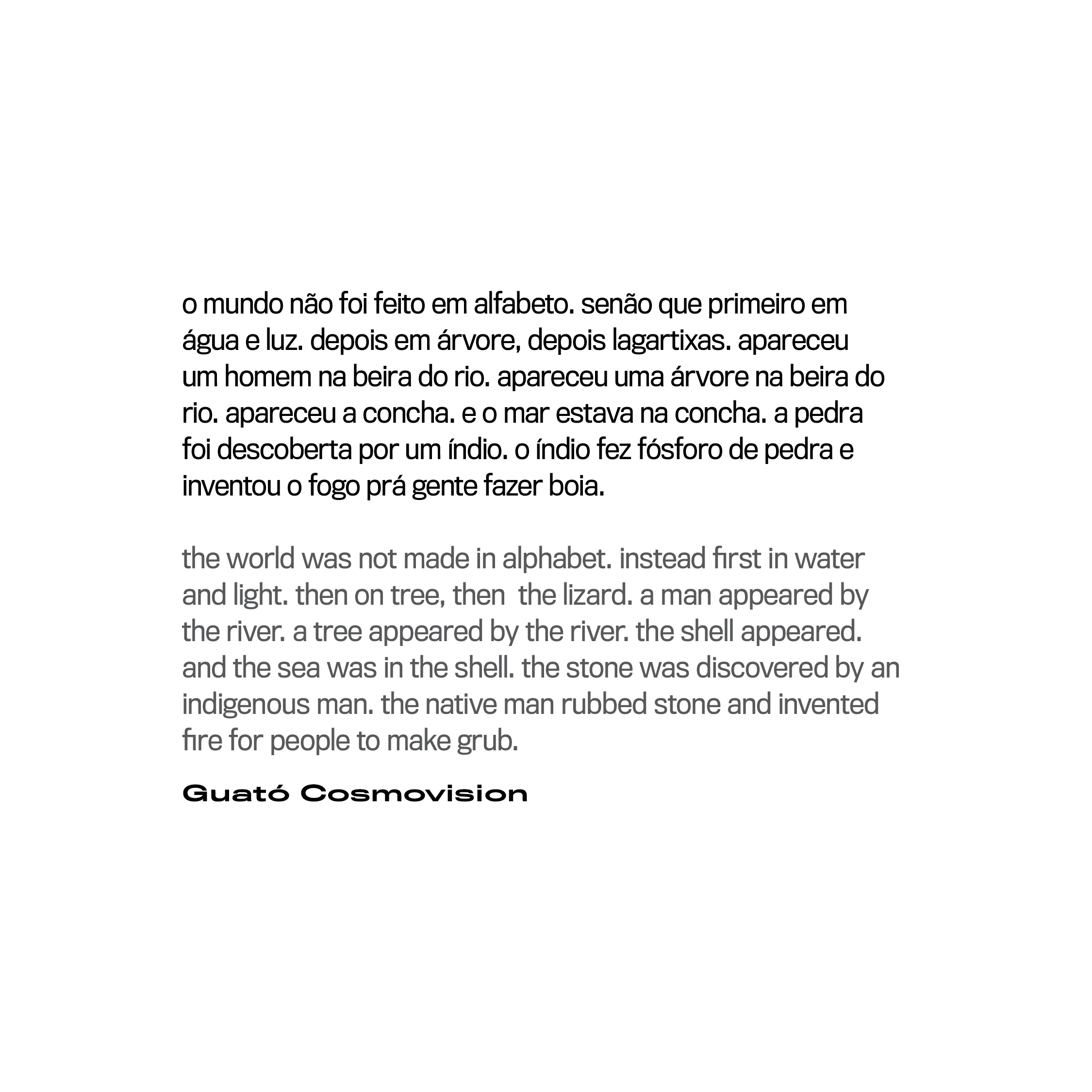
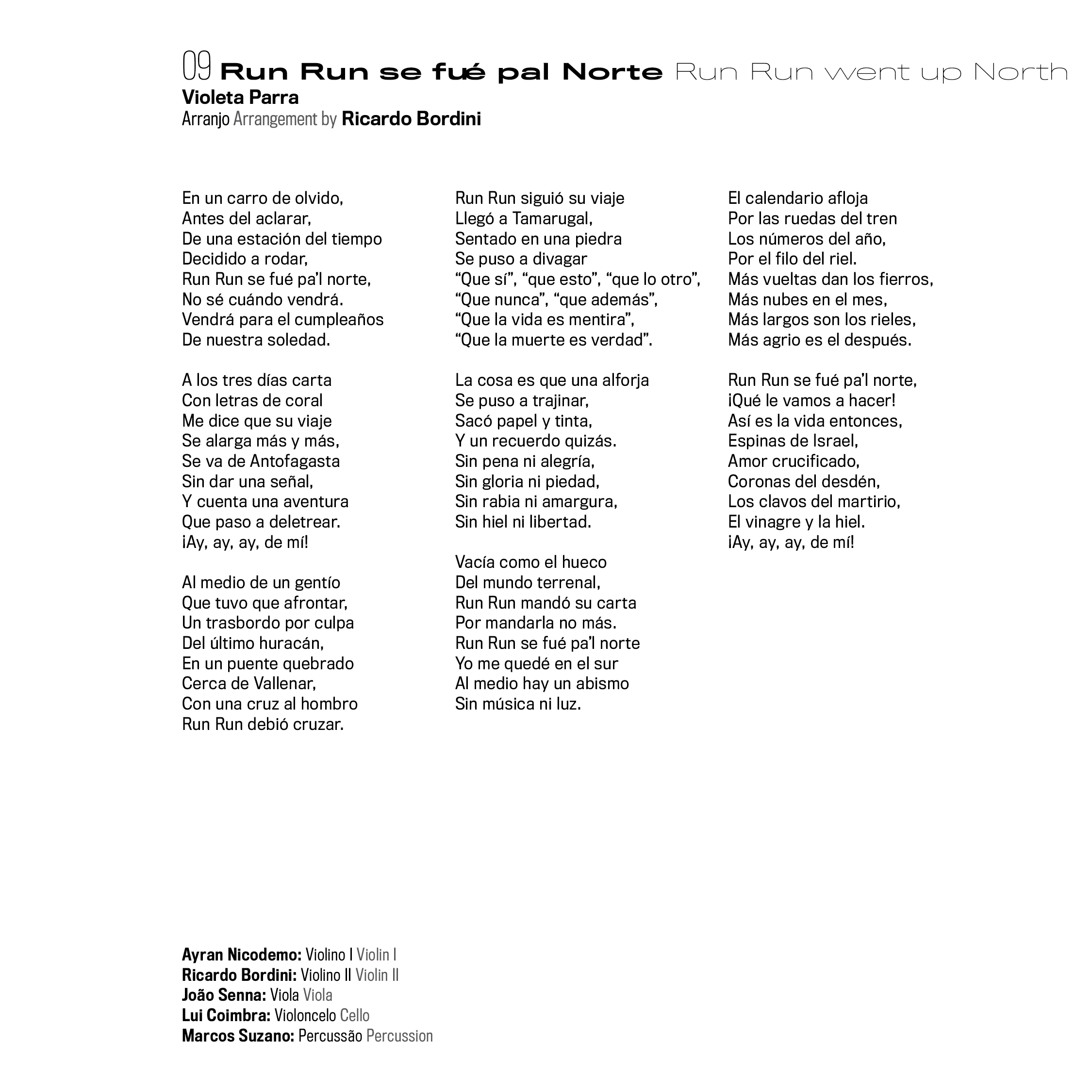
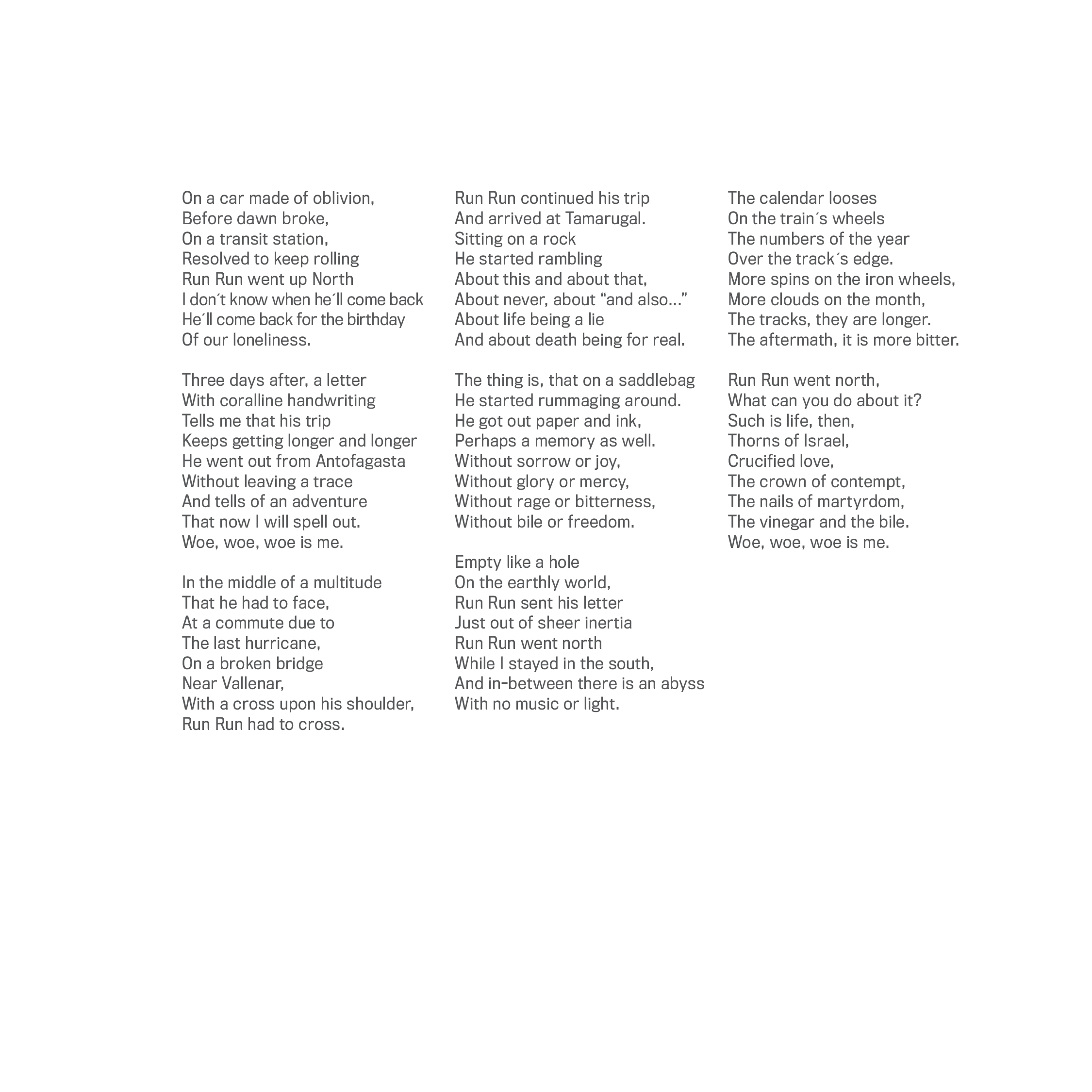
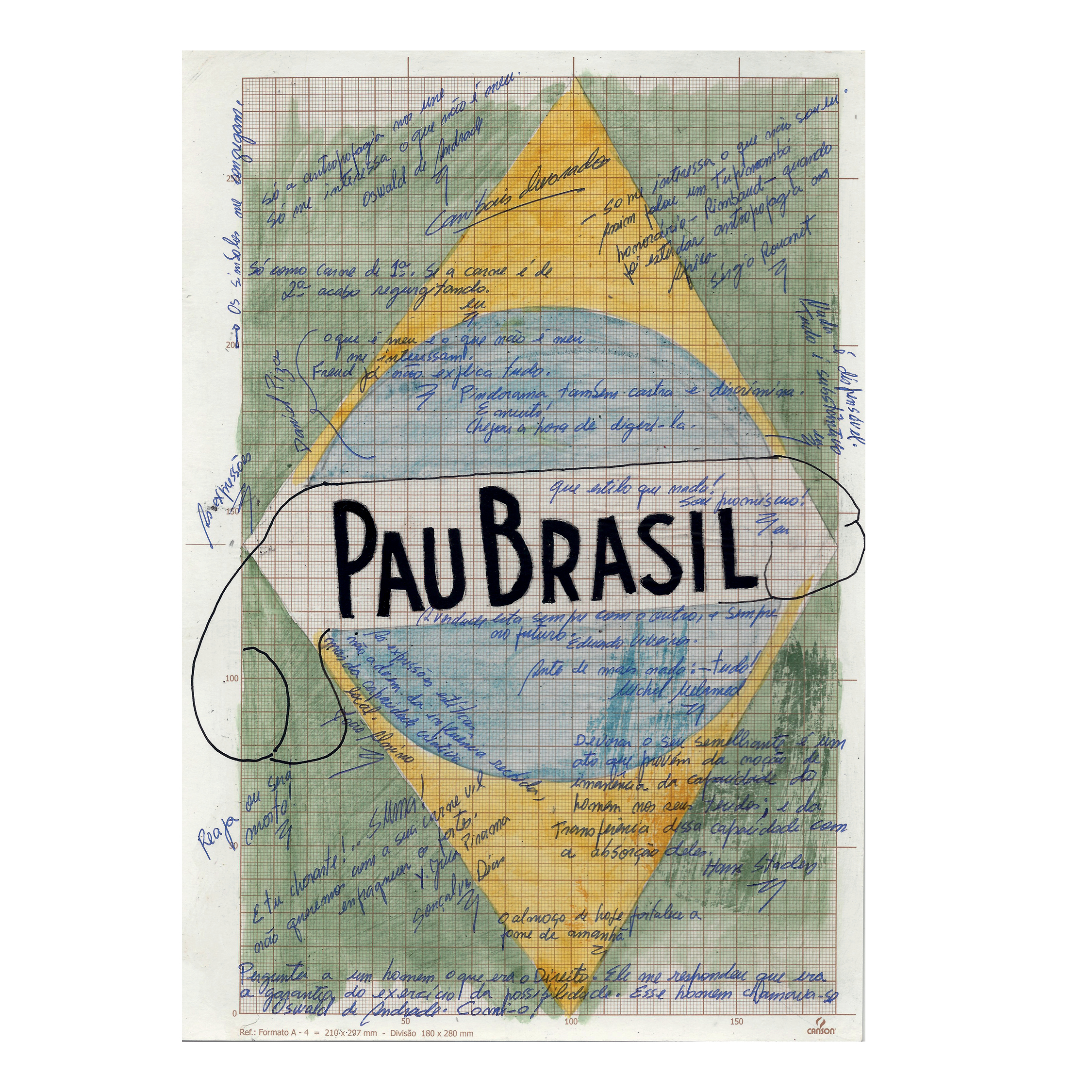
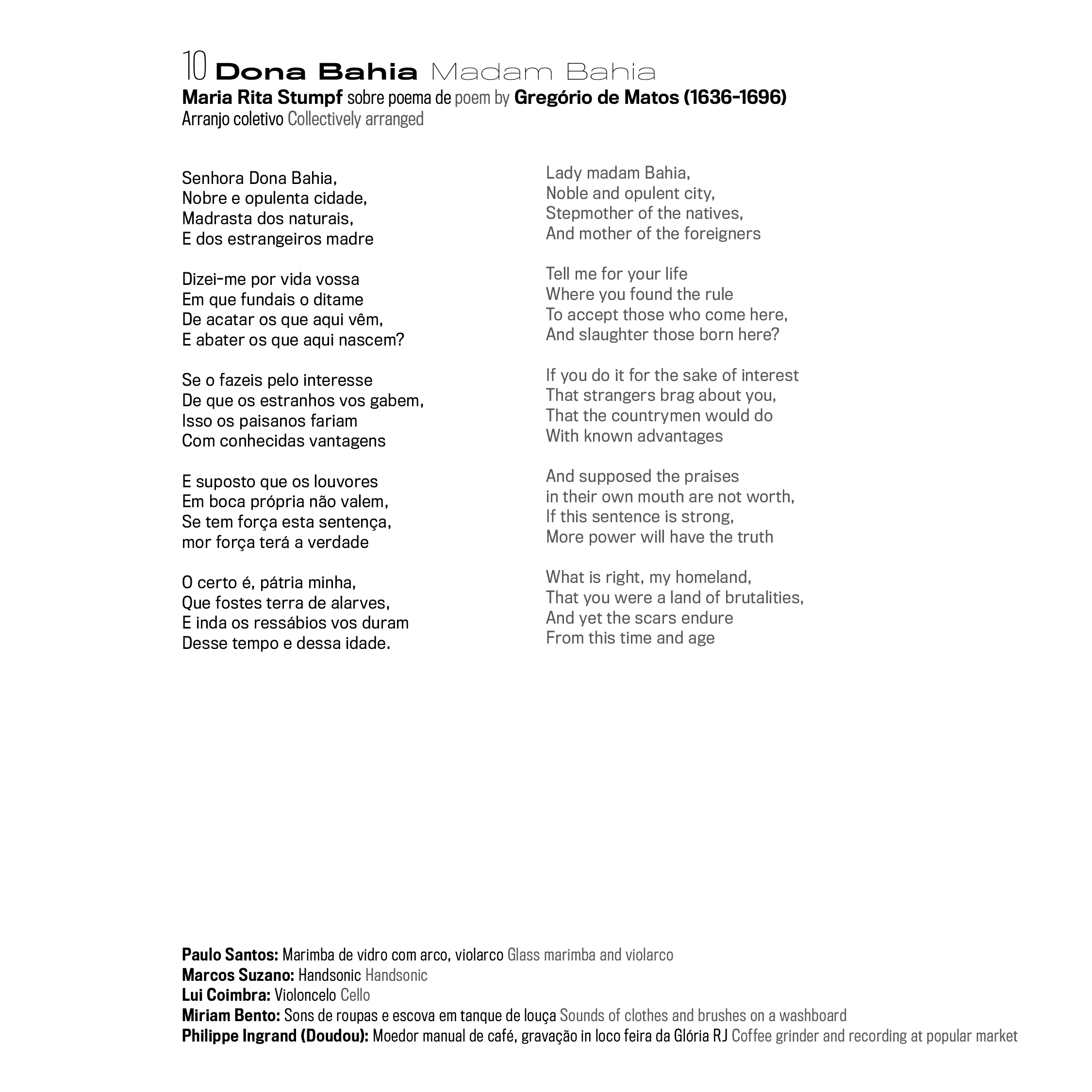
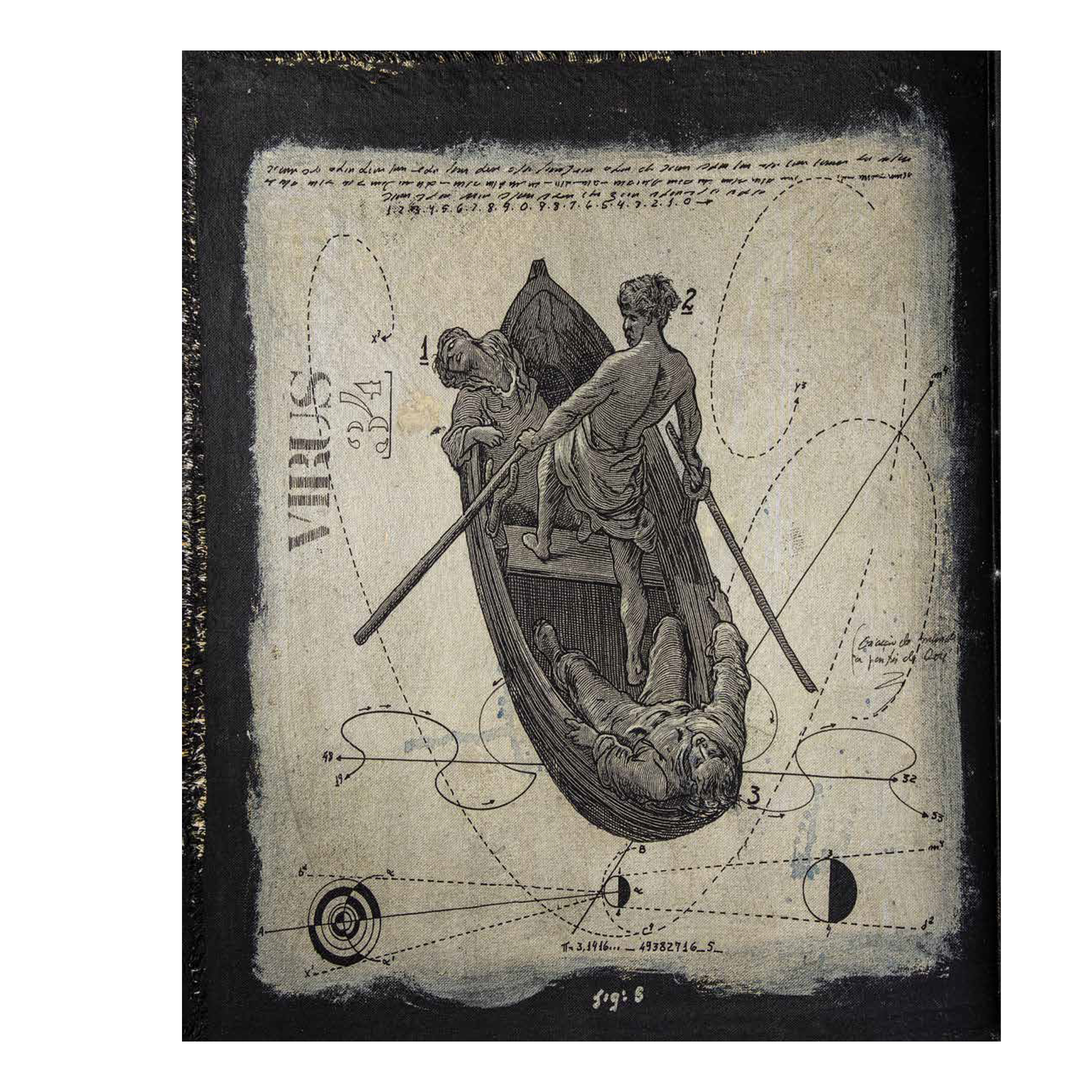
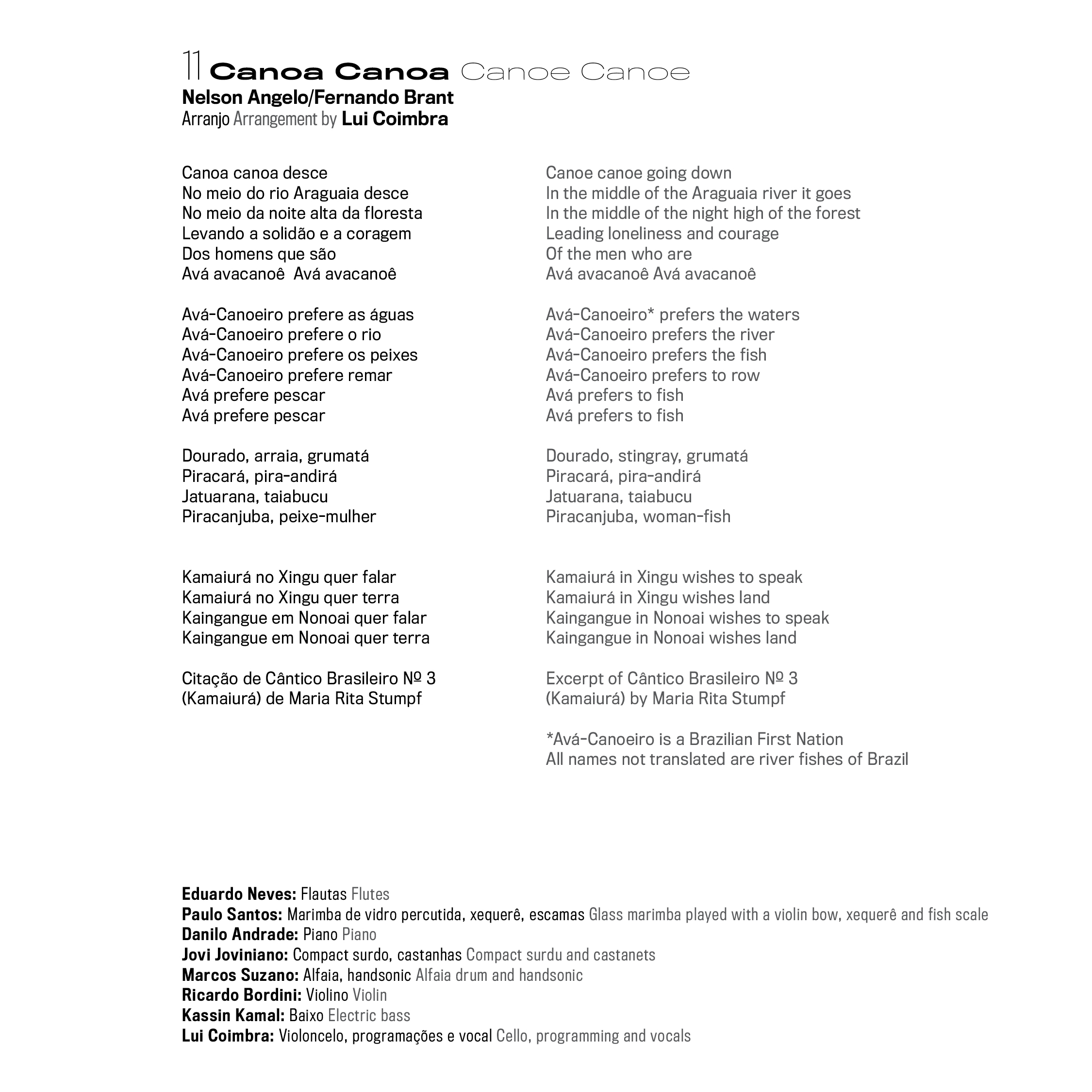

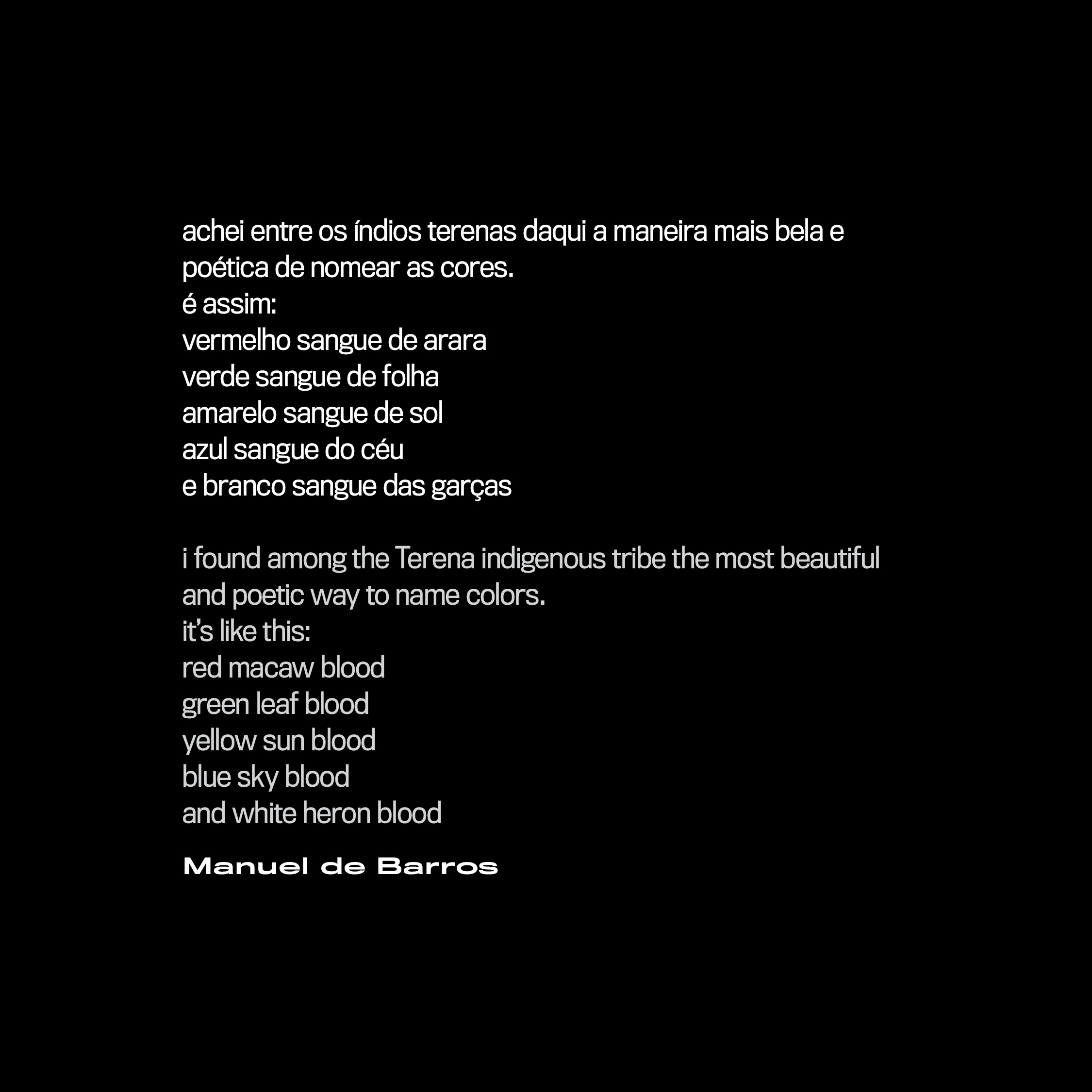
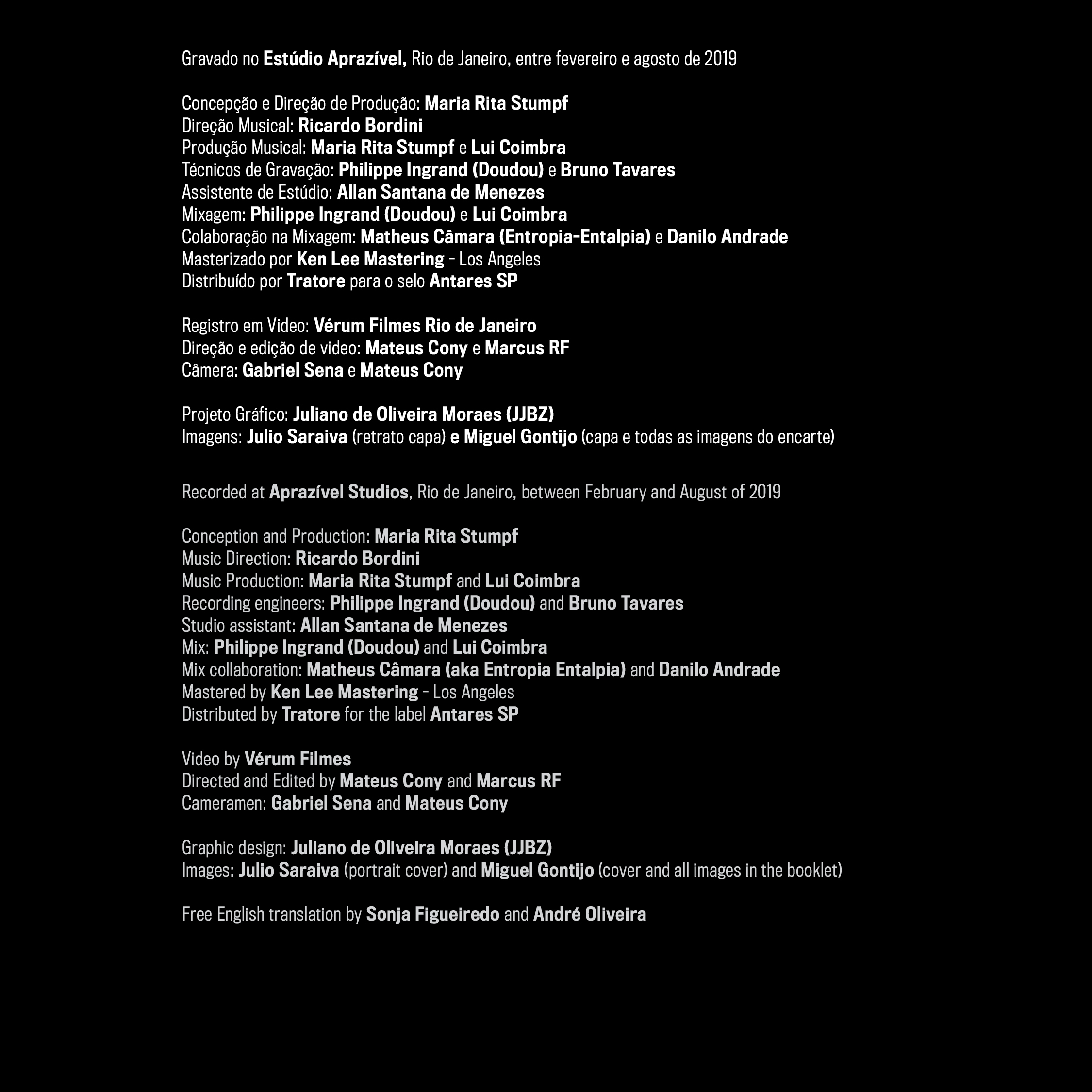
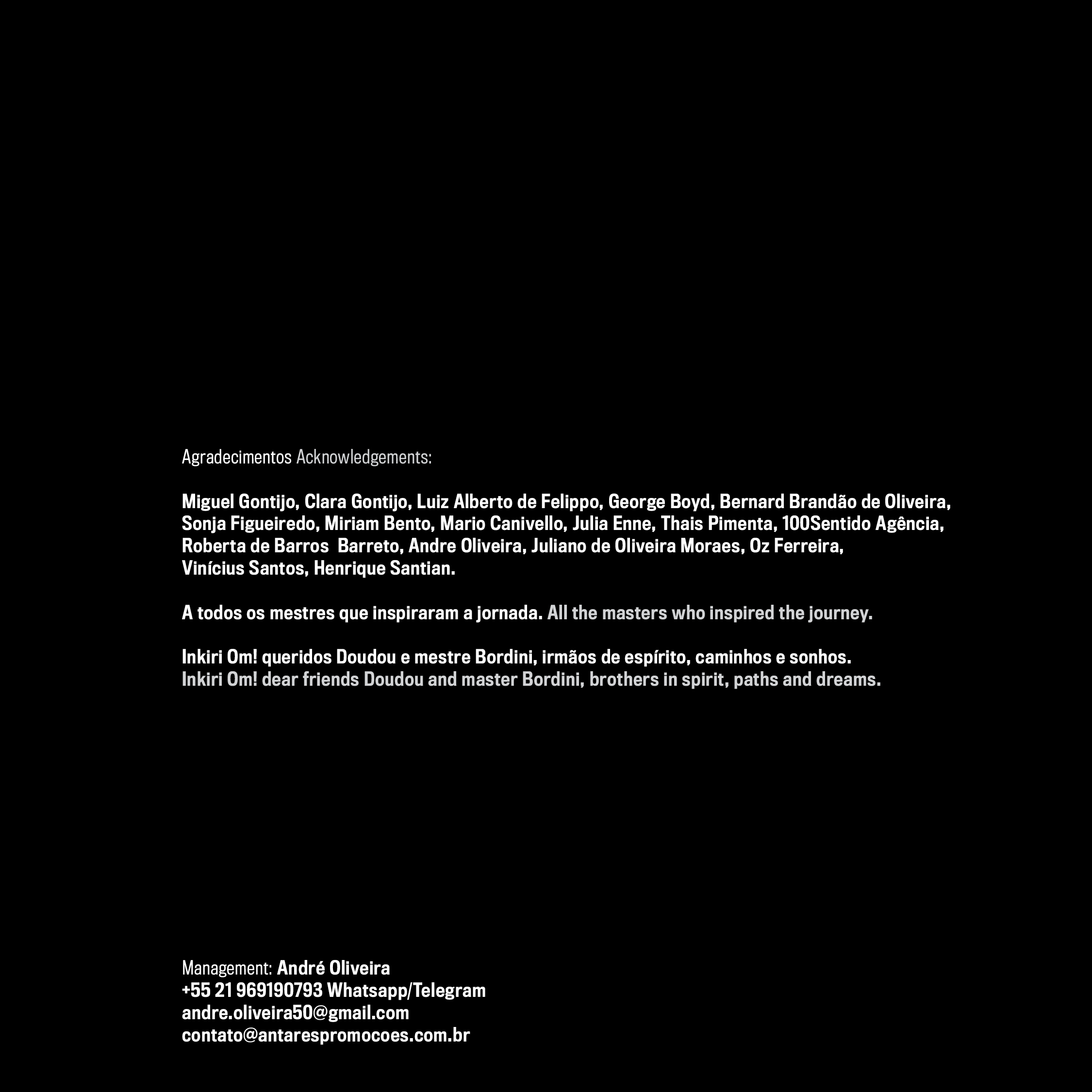
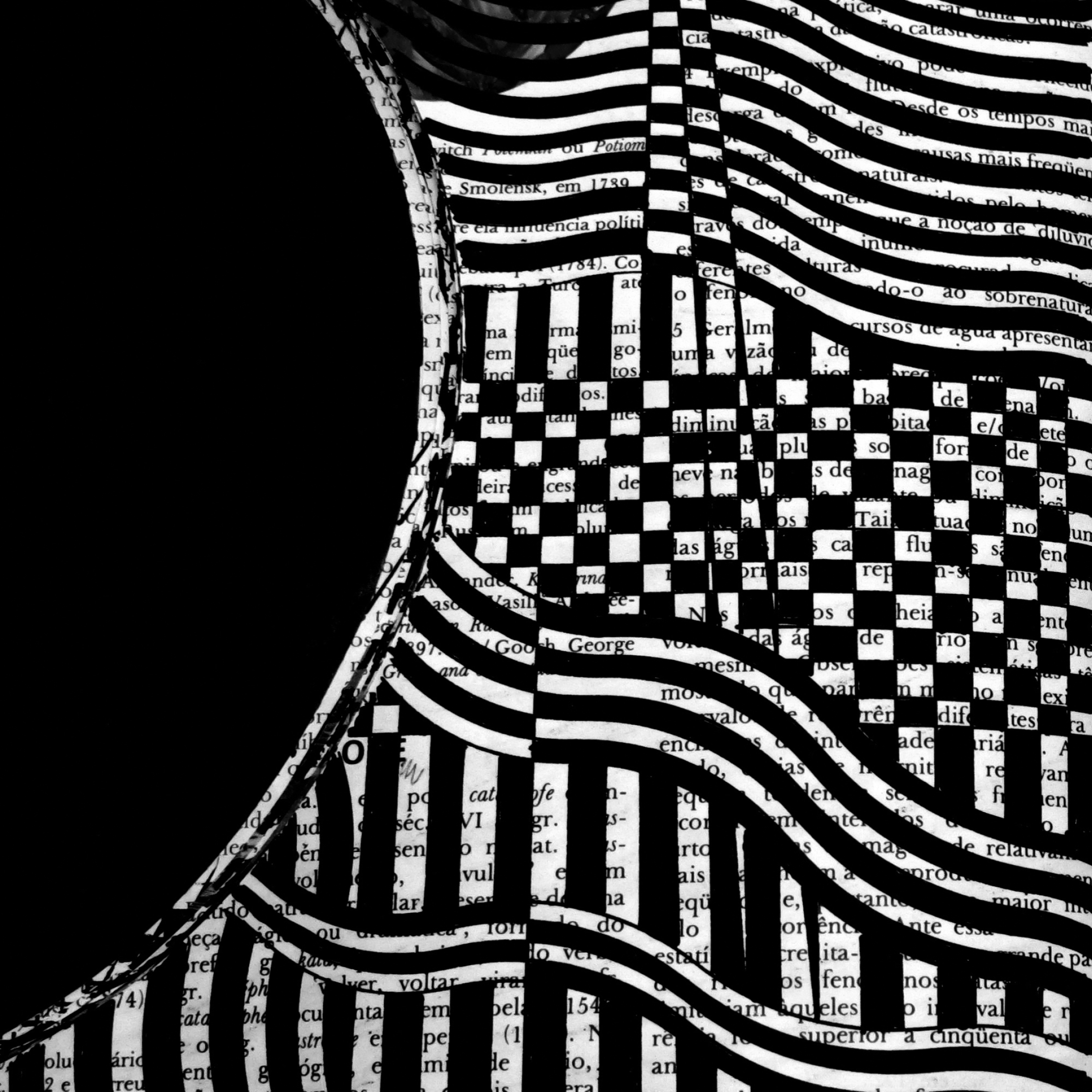
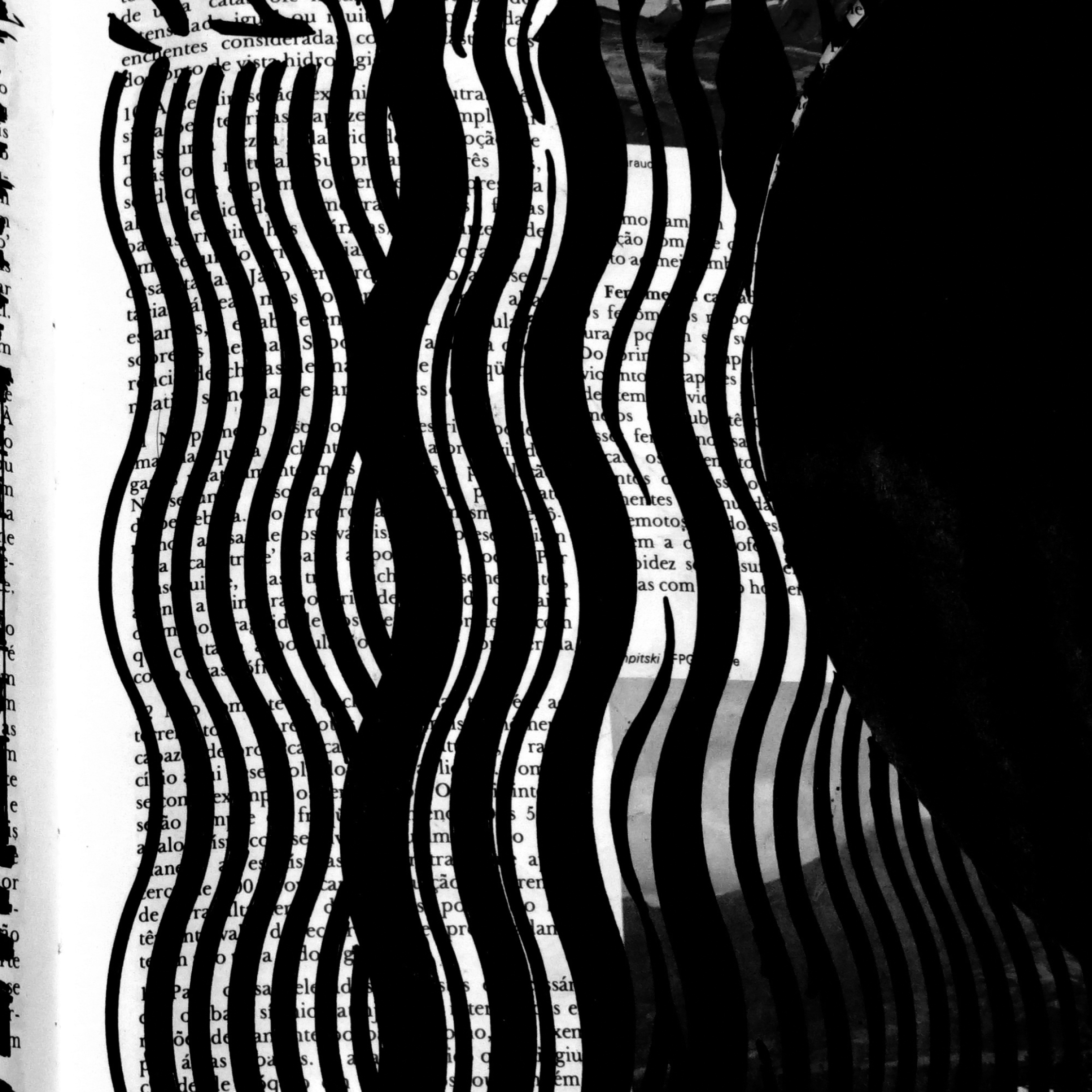
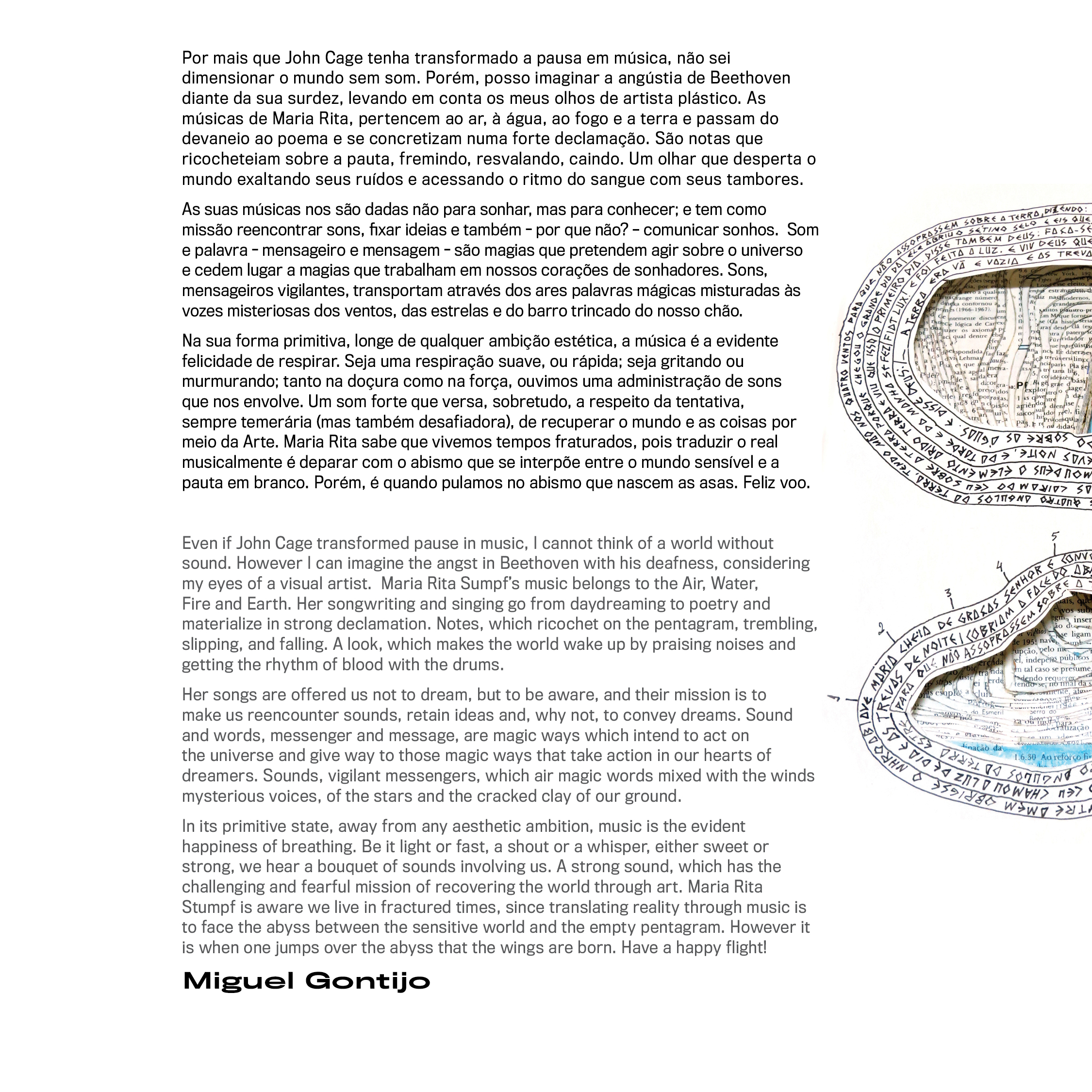
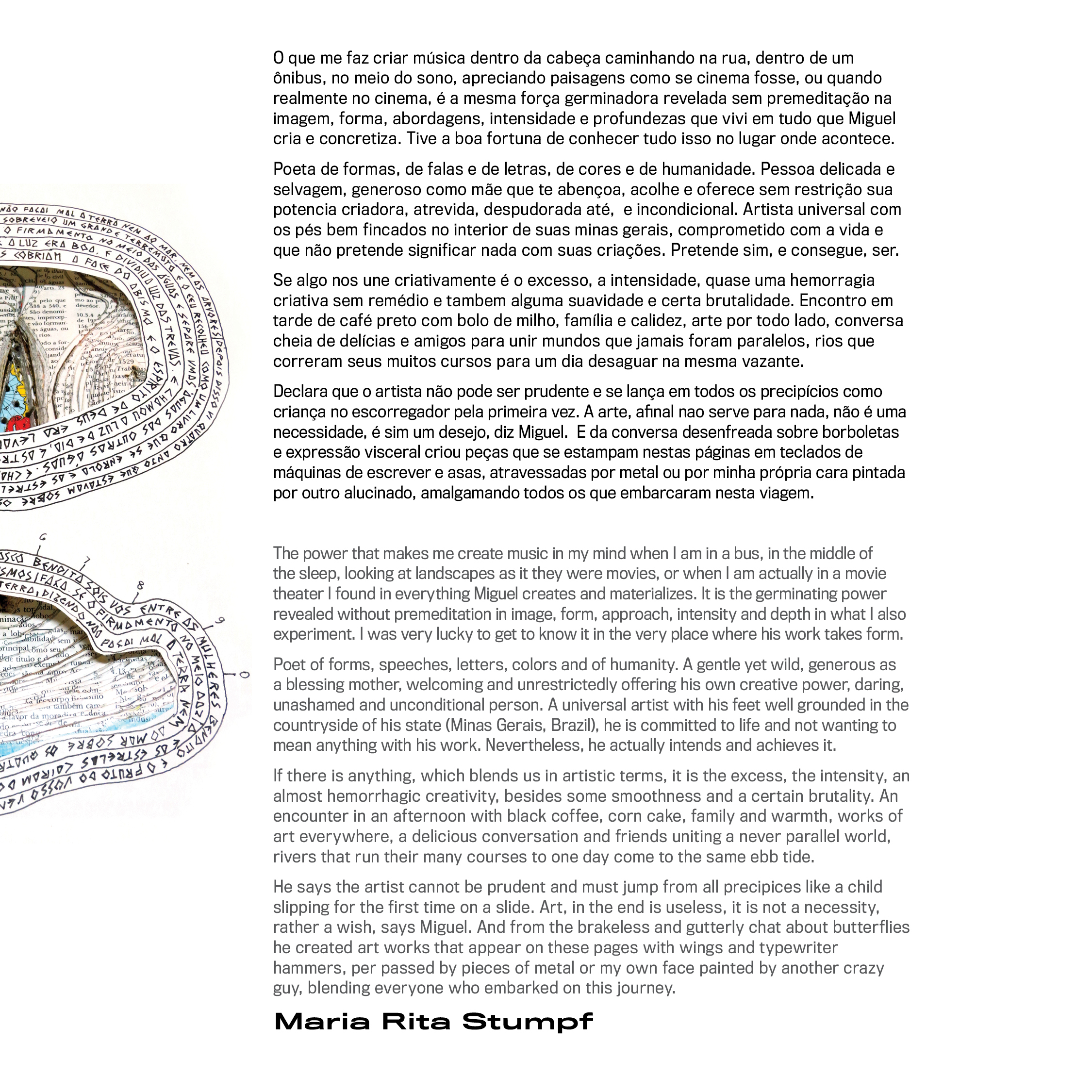
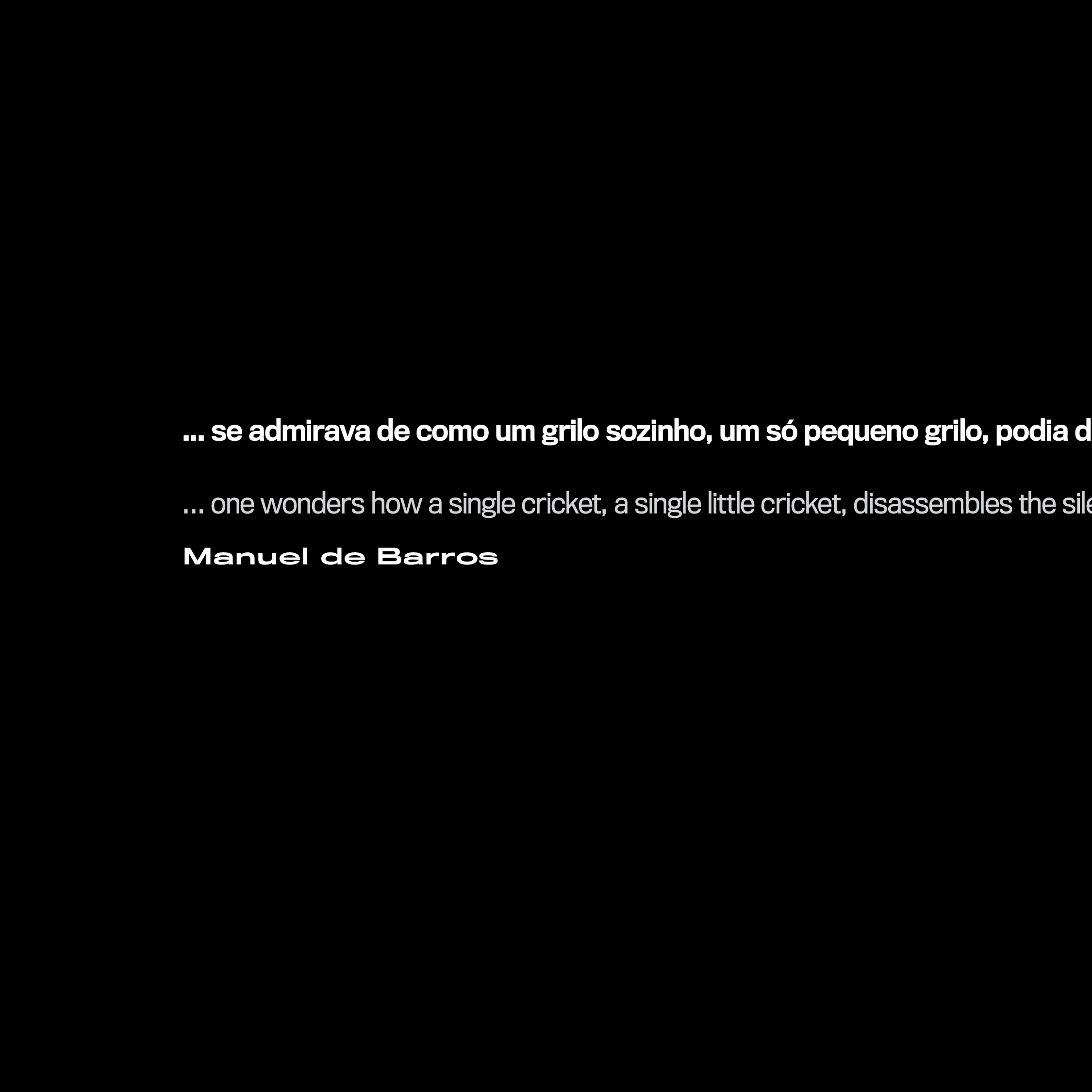
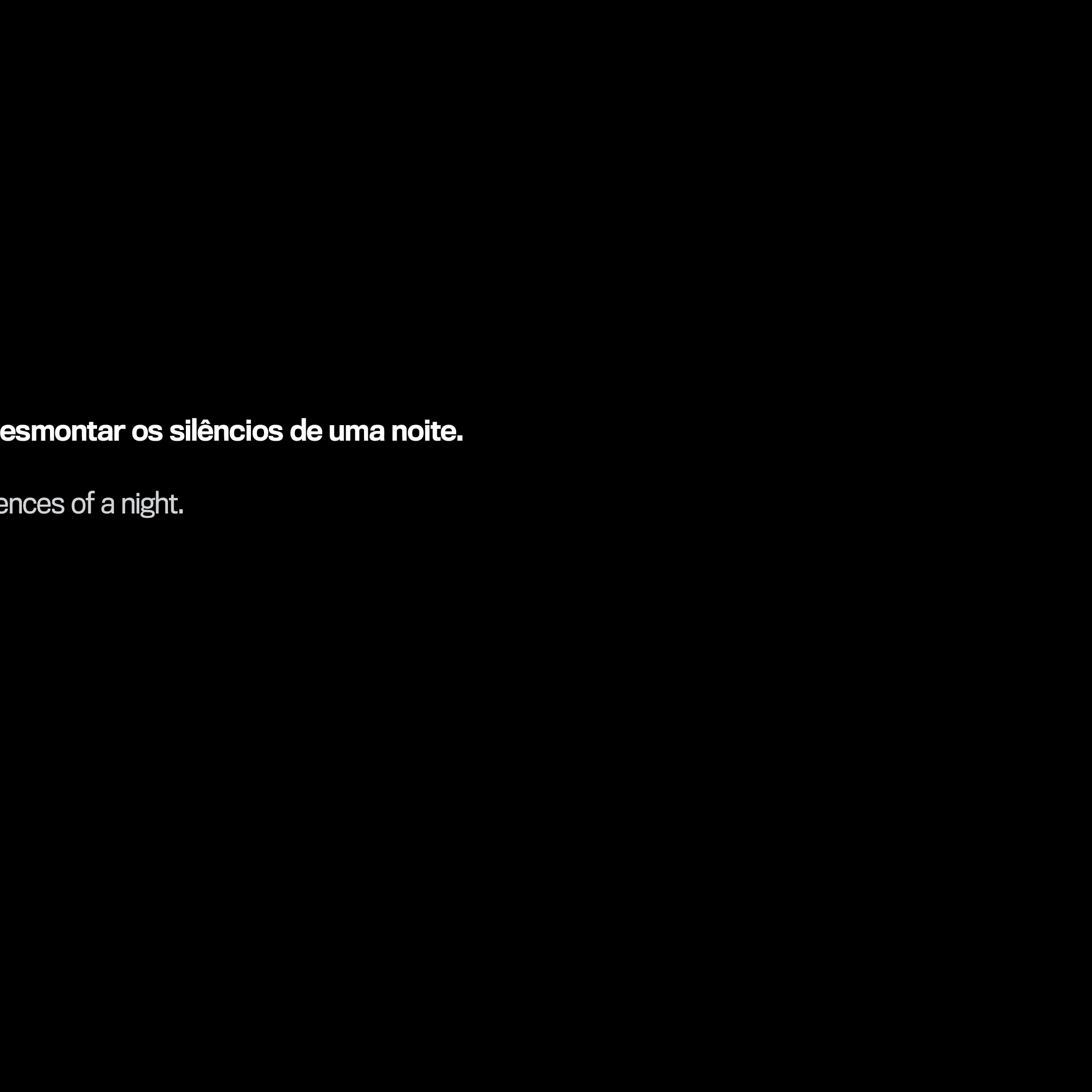
Everyone. Origin.
The two words – sounding as seeds of the meaning of human life – are repeatedly sung, echoed, mirrored during the last moments of the song “Inkiri Om”, the opening and title- track of the third album by Brazilian singer and songwriter Maria Rita Stumpf. It is not by chance. “Everyone” and “Origin” truthfully represent what one listens to during the 40 minutes of the album, in which Maria Rita Stumpf performs her own compositions (including a surprising partnership with Brazilian XVIIth Century poet Gregório de Matos that remains up-to-date due to the poet’s acid view of Brazil and other songwriters such as the Taiguara, Milton Nascimento, Nelson Angelo, Vinicius Cantuária, Evandro Mesquita and the Chilean Violeta Parra. Through lyrics, arrangements and melodies the singer points in the direction of awareness, of communion and of human roots. She means the destiny of the whole mankind is inevitably intertwined from the beginning – something obvious we are forced to remind amidst traumas like the current pandemic of 2020. Through the music in her new album Maria Rita makes clear universal communion and its links with peoples roots are the base for a better world, thus challenging concepts of the politically correct and cultural appropriation. As a white Brazilian woman born in the gaucho South of the country where German and Italian culture are strong, she unabashedly delved into indigenous, African, Latin, Indian, Arabic, Asian and European traditions to build “Inkiri Om”. “The essence of mankind is one, be it in the Xingu River in the middle of the Amazon forest or in Manhattan”, she says. “And this essence comes from the origin. When we disrespect it, we are heading to the end of mankind. That is why the album cover, developed by designer Juliano de Oliveira Moraes, brings the oroboro (mythical image present in many cultures and in my own life). The cover uses a portrait of the artist painted by Julio Saraiva and incorporates the work of visual artist Miguel Gontijo, especially created for this project. The oroboro, a snake biting its own tail, representing the eternal but transformed return to the beginning, is a reference to Maria Rita Stumpf’s own artistic trajectory. She released her first album “Brasileira” in 1988 – at that time she was known as Maria Rita. Working with first class musicians such as Bossa Nova master pianist Luiz Eça, multi-instrumentalist Ricardo Bordini and the group Uaktí, she had already proposed the dialogue among a diversity of ancestral traditions, from native nation chants to classical music. Hailed by critics, the album was nominated to the 1989 Premio Sharp (a kind of Brazilian Grammy Award) as Best Brazilian Popular Music Female Revelation of the year. However, the then beginner Marisa Monte took the prize. Maria Rita later released “Mapa das nuvens (Map of the Clouds)” in 1993, deepening her intentions of cross border music through diverse languages and wisdoms. “Inkiri Om” is the comeback of the singer songwriter to the studios after 27 years. During this period she remained close to the Arts, but more on the backstage, as the owner and director of Antares, a production agency which promoted top names of classical music and dance in Brazil and South America. The success of the agency, its administrative demands and the difficulties to develop Maria Rita’s kind of music were key to get her away from the musical career. Maria Rita Stumpf’s comeback started to take shape without her being aware of it. As of 2015 her LP “Brasileira” was captured by the radar of international DJs and became a much sought after item for vinyl collectors who were hooked by the track “Cântico Brasileiro nº 3 (Kamaiurá)”. She was then one of the guest artists included in the compilation “Outro tempo: electronic and contemporary music from Brazil, 1978-1992” by British-Spanish music researcher and DJ John Gomez. The album “Brasileira” was re-released in 2017 both on vinyl and online by label Selva, created by Brazilian DJs Millos Kaiser and Augusto Trepanado, of the famous party Festa Selvagem – the LP’s are sold out. The EP “Brasileira remixes” was released in the same year. The return to the stage was a consequence, as invitations led her to sing at the Red Bull Music Academy Festival and the Brazilian leg of the Dutch festival Dekmantel, both in São Paulo, and the Kino Beat Festival in Porto Alegre, to name a few. Maria Rita Stumpf never abandoned the idea of coming back to recording. In 2018, in a conversation with bassist and producer Kassin Kamal she was stimulated to record a new album. Unfortunately, some time after this encounter she had a fall in the street in downtown São Paulo that caused her a broken ankle. The result was 60 days without being able to walk. This was the moment “Inkiri Om” started to emerge. After she recovered, she reunited musician friends from her albums “Brasileira” and “Mapa das Nuvens (Map of the Clouds)” and brought in new names to the Aprazível Studios, of Philippe Ingrand aka Doudou, “the most Brazilian of all Frenchmen”, according to her. The first group counted, besides Doudou, multi-instrumentalist Ricardo Bordini who shares with Maria Rita the album’s artistic direction, cellist Lui Coimbra, responsible for music direction, acoustic guitarist Maurício Carrilho, electric guitarist Paulo Rafael, percussionists Marcos Suzano, Paulo Santos (of the group Uaktí) and Jovi Joviniano. Enriching the team are Matheus Câmara (aka Entropia-Entalpia) on electric guitar, programming and lots of electronics, Danilo Andrade on piano, keyboards and programming, bassist Kassin Kamal, João Lyra on country guitar, Ayran Nicodemo on violin, João Senna on viola, and Eduardo Neves on flute. A dream team that reflects the broadness of the artist’s music which spans from pop to classical and to avant-garde instruments. Together they built the sound of “Inkiri Om” collaborating either on collective or on signed arrangements. “A tribal album”, defines Maria Rita. “Inkiri Om (Cântico brasileiro nº 7)”, the opening track was written by Maria Rita and enlists native Brazilian nations names over a bass of xequeres (a Brazilian exotic instrument) and tablas and cellos, flutes and electronic bass keyboards. It translates in music the key concept of the album. “Inkiri” (the love in me salutes the love in you) is the centuries old greeting of a tribe that inhabited the Maraú Península, in Bahia. “Om” is the basic mantra of Hinduism, the sound of the universe. Maria Rita studied Budism in India, having visited the country nine times. Her life experience also includes places like Nepal and Peru, where she resided for three years. The moment she sings the name of tribe Avá-Canoeiros, the flute cites the melody of “Canoa canoa (Canoe, canoe)” (Nelson Angelo and Fernando Brant), the song which closes the album. Ties like this run through the whole album, one arrangement using fragments of another, in a dialogue which unveils the work in many layers. The list of indigenous nations naturally flows to the affirmation “Somos todos índios (We Are All Indigenous)”, written by Vinícius Cantuária and Evandro Mesquita, title of the second track. This track is the first single of “Inkiri OM”, the album marking the artist’s comeback to the studio after 27 years, and has the straightforwardness of songs made to sing along with many voices, as does the children choir in the recording. “We are all indigenous” carries this energy of the folk hymn, of the village chants. It vibrates of the good things and makes one think of tunes such as Michael Jackson’s “Heal the World”, which carries the same positivity. A ancestral communion and contemporaneity, a sentiment much needed in 2020. The arrangement, the most pop-oriented of the album, has plenty of cross border and bold ideas, avoiding convention by putting together Asian and African percussion alongside piano and clarinet. It works as the base for Maria Rita Stumpf to sing about “a struggle for peace in the world”. “Canção das horas (Song of the Hours)”, written by Maria Rita, unveils her concerns on planet Earth’s destruction. The lyric speaks of Greek, Asian, African and Amazonic mythology entwined into a melody that flows over delicate sounds of piano and tablas - despite the destruction imposed by humans and witnessed by the gods. It works as a prelude to the epic cover Maria Rita did of “Sete Cenas de Imyra (Seven Scenes of Imyra)”, written by Taiguara. For six minutes the music describes each of the scenes of the myths of birth, destruction and rebirth according the lyric. An oroboro of electronic sounds and indigenous rythms is organically intertwined so that their differences are blurred. Indigenous since the initial stanza in first person of singular “Promessas do sol (Promises of the sun)”, by Milton Nascimento and Fernando Brant, is musically based on the amazing accordion played by Ricardo Bordini, overlayed by percussion instruments of many different cultures. The surprise continues in the essentially electronic arrangement and ambience of “Hai-kai das borboletas (Hai-Kai of the Butterflies)”, written by Maria Rita and Zé Caradípia for which Bordini did all the programmings. In such a free atmosphere, the tune “Água benta (Holy Water)”, written by Nando D’Ávila comes swiftly. Arranged by Sergio Assad (of the Assad Brothers), it introduces a conversation including Mauricio Carrilho’s on acoustic guitar, the country guitar of João Lyra, the electric guitar of Paulo Rafael and Kassin Kamal’s bass as if they had grown up together in the same neighbourhood. Other intimate ambiences are offered in “Aavoth”, where sitars, tablas and derbaks bring a mixed Arabic and Indian mystique. The trip around the global village eventually reaches “Run Run se fue pal norte (Run Run left to the North)”, written by Chilean Violeta Parra. A string quartet is placed in a concert hall under the shadow of the Andes, then Marcos Suzano comes in with his very Brazilian rythm of reisado, his “song of the Jequitinhonha valley”, as described by Maria Rita. “Dona Bahia (Mrs. Bahia)”, music by Maria Rita on verses of Gregório de Matos, creates a timeless atmosphere avoiding any specific sense of localization – noises of a food market in Rio, of water coming out of a faucet, of clothes being washed in a sink, the imprecise organic sound of a glass marimba played with a violin bow on the edge of the glass. This was all to support a profoundly contemporaneous and realistic speech. A critical view of the politicians of the city of Salvador in the XVII century. A metaphor of today’s Brazil and of the Western civilization. The album wraps up with “Canoa canoa (Canoe, Canoe)”, a melody by Nelson Angelo – another utopic civilization proposed by flutes, pianos, organic and electronic drums, violins e cellos. Which prefers the waters, the rivers and the fishes. And prefers to go fishing, according to the lyric by Fernando Brant. One civilization where “Inkiri Om” draws the map, echoing another poetic citation, that of the great Brazilian Manuel de Barros to be printed in the inner sleeve of the album: “...one wondered how could a single cricket, only one small cricket, disassemble the silences of a night”. Everyone. Origin. __________ Inkiri OM
by Leonardo Lichote
coded with & by Matheus Câmara. All Rights Reserved. ©MariaRitaStumpf - 2020